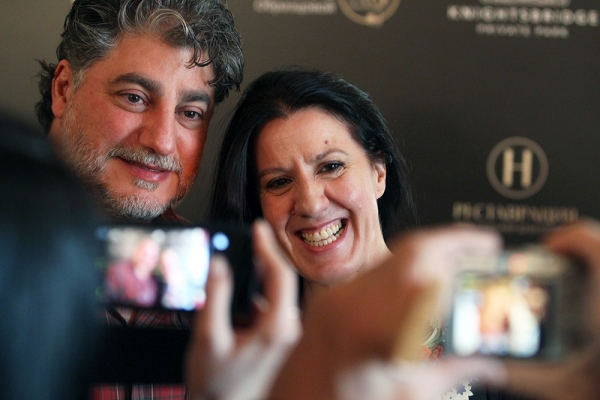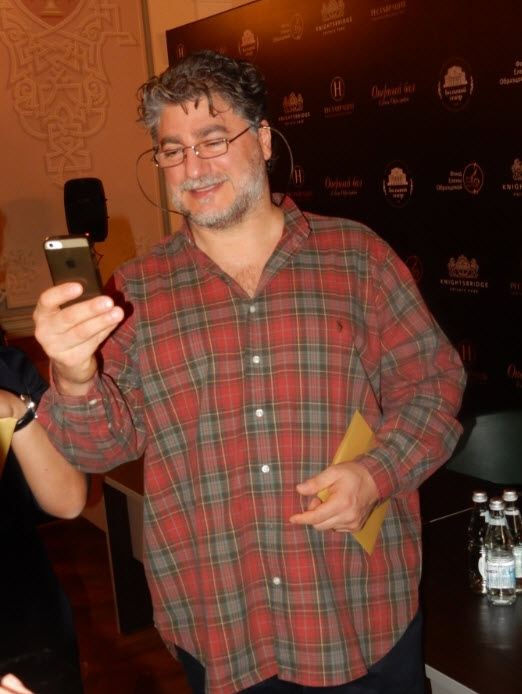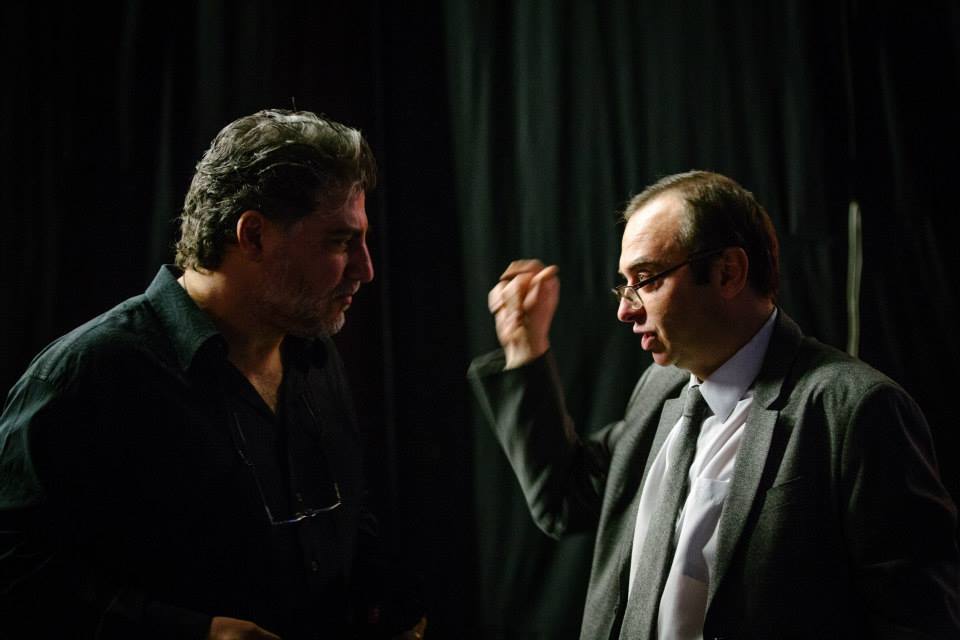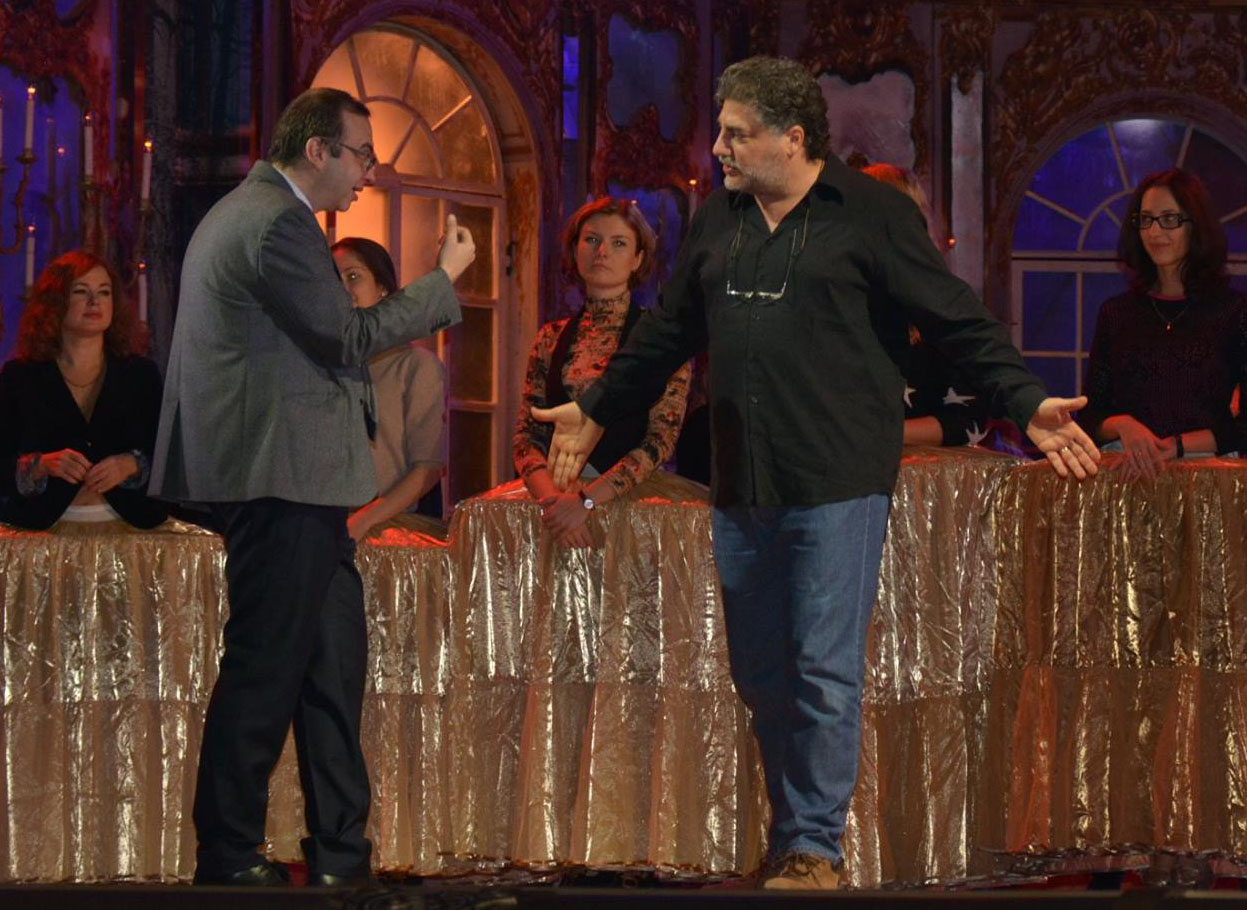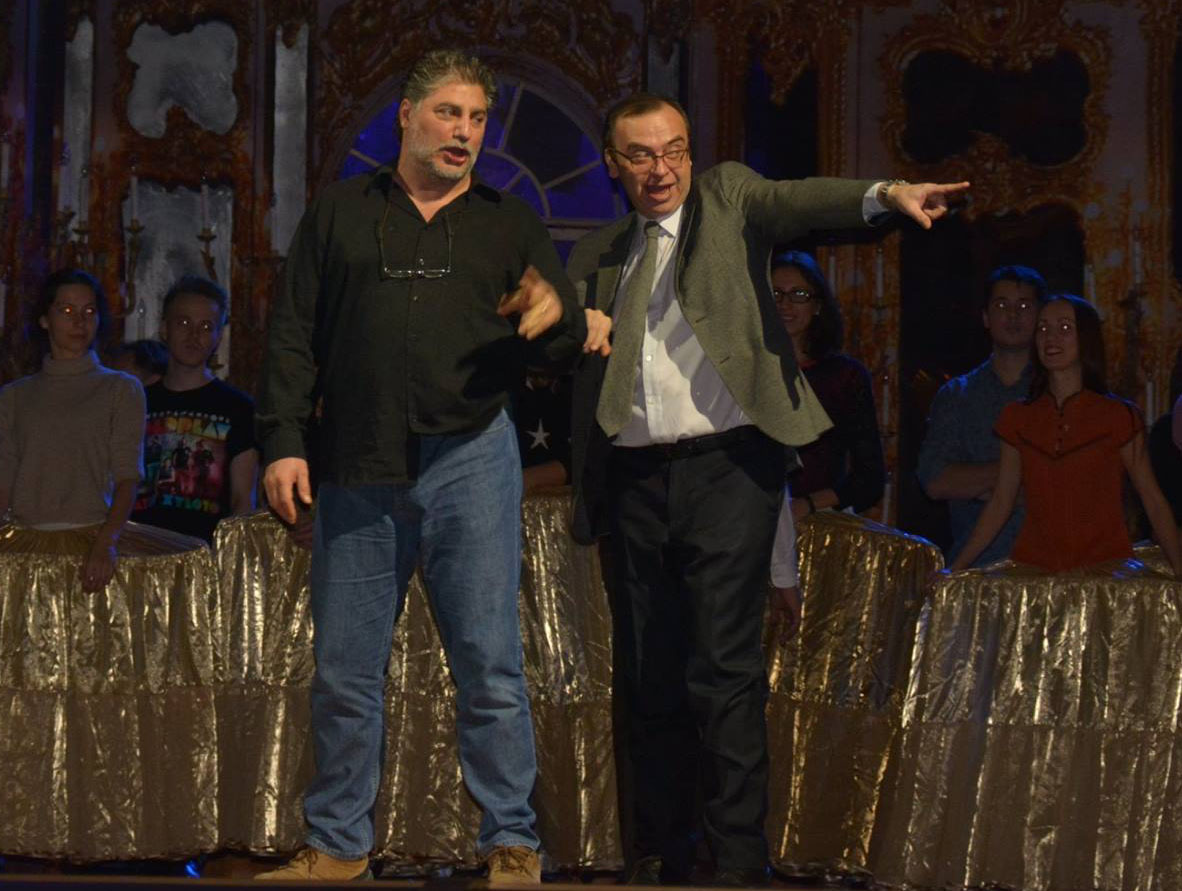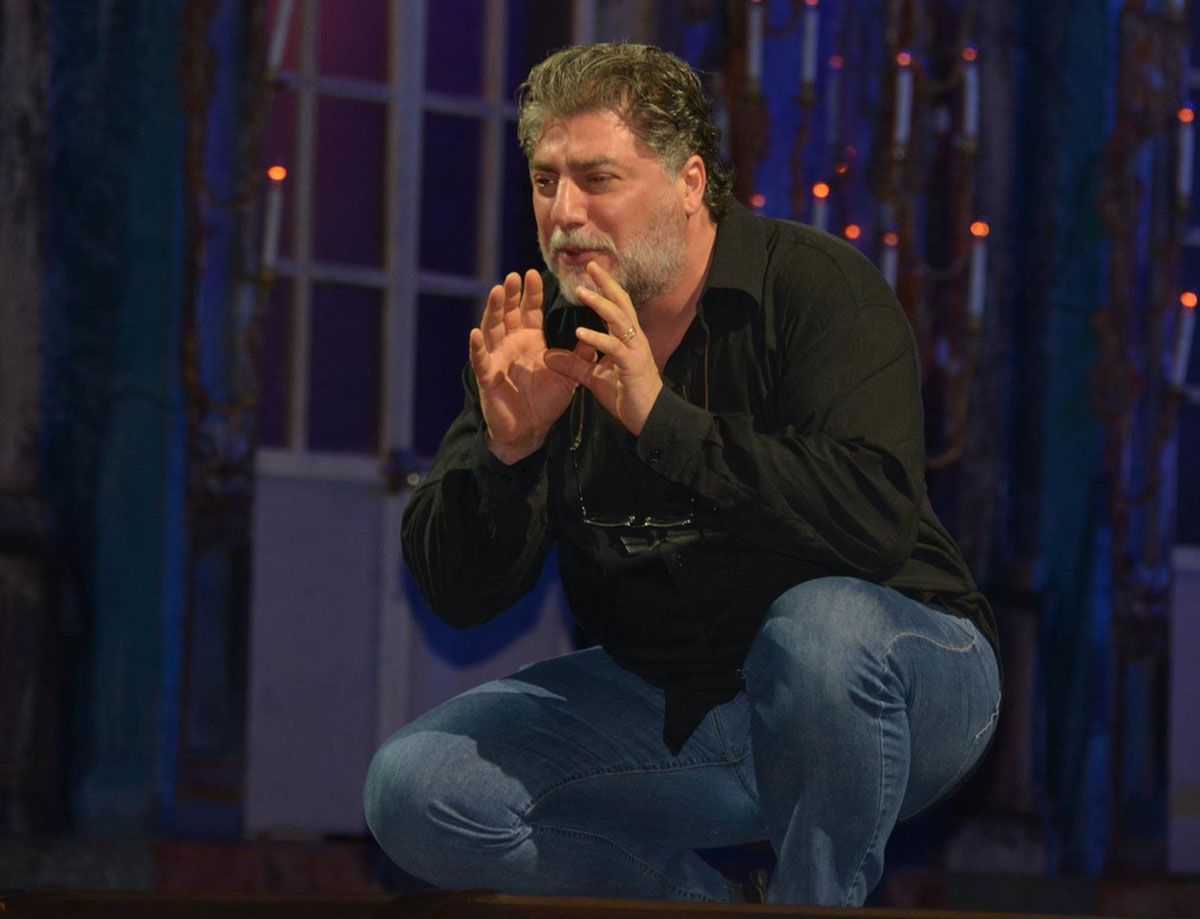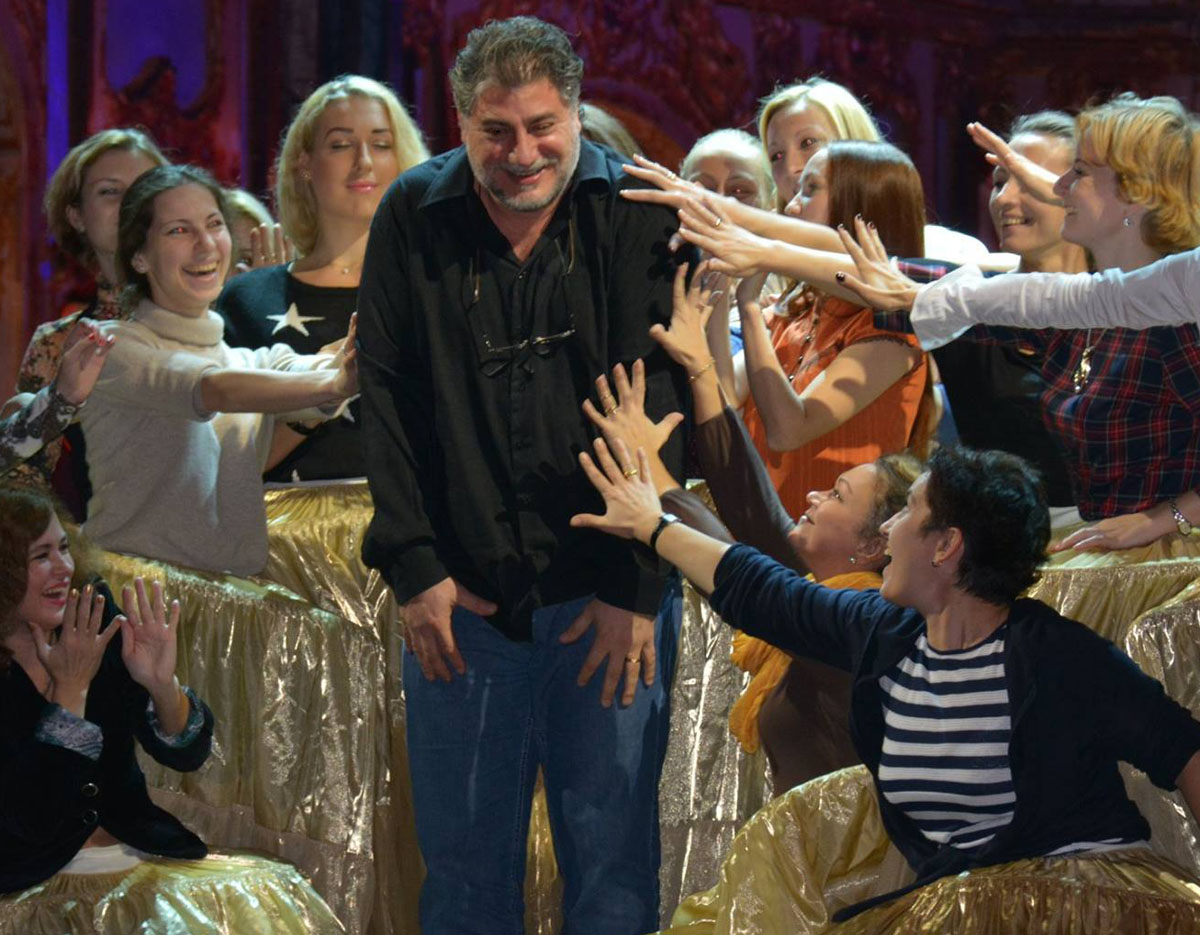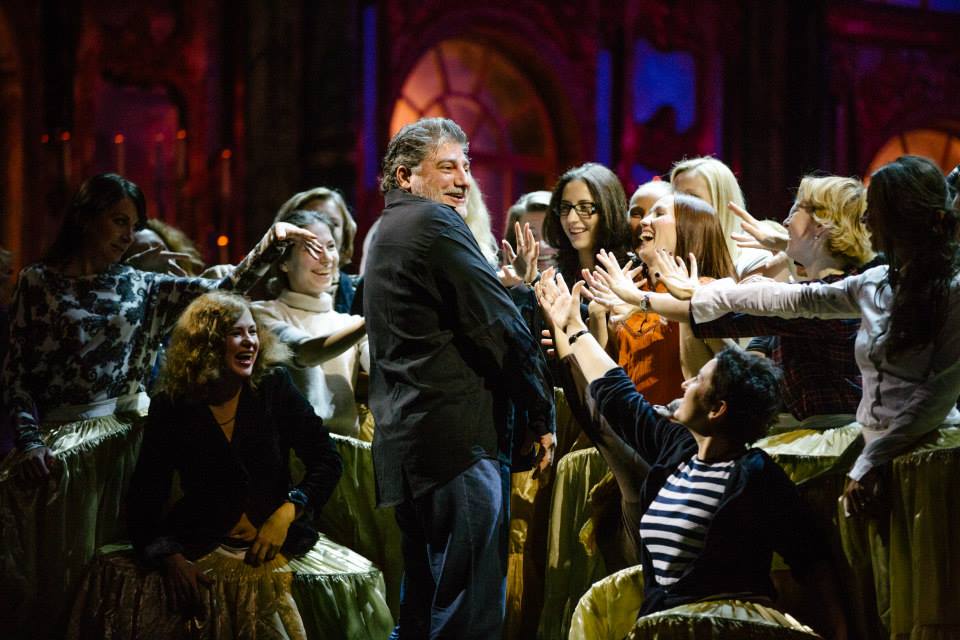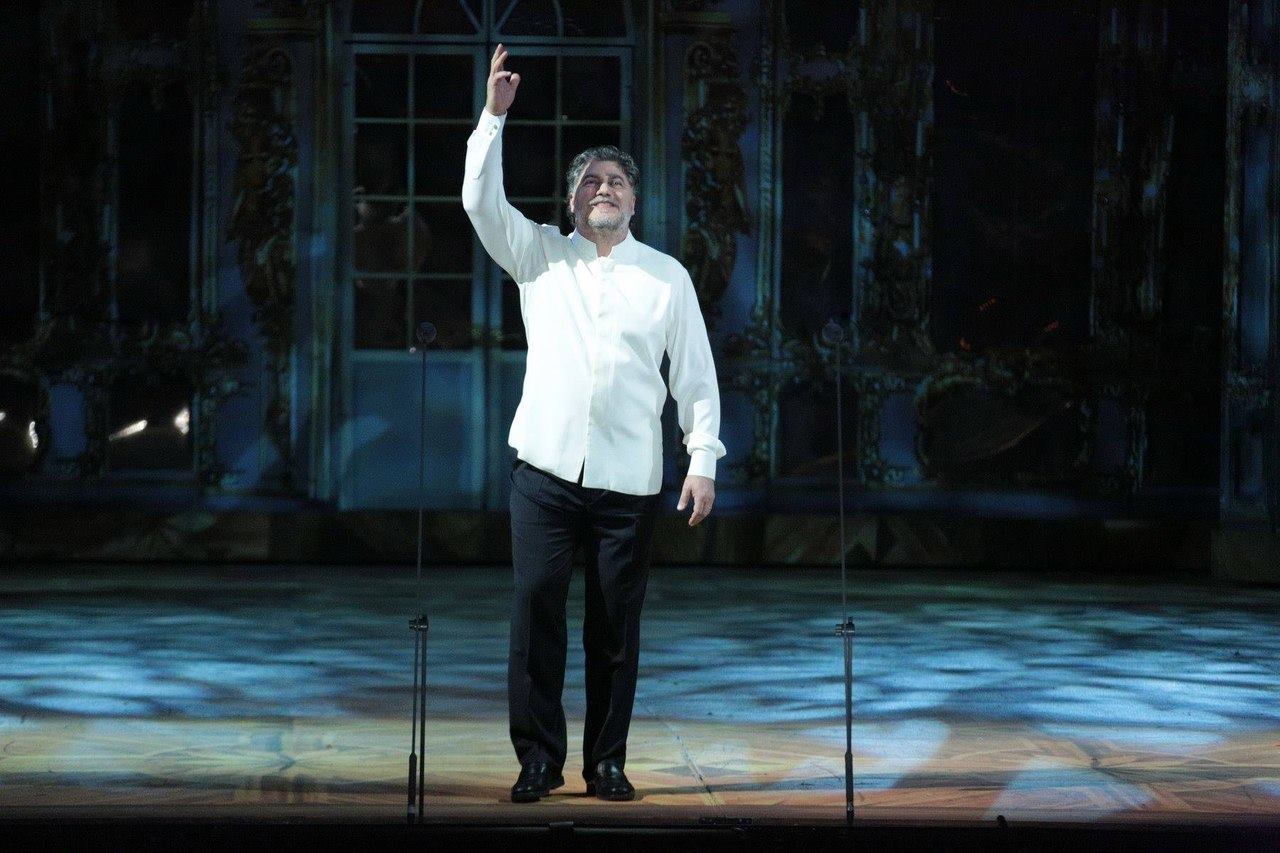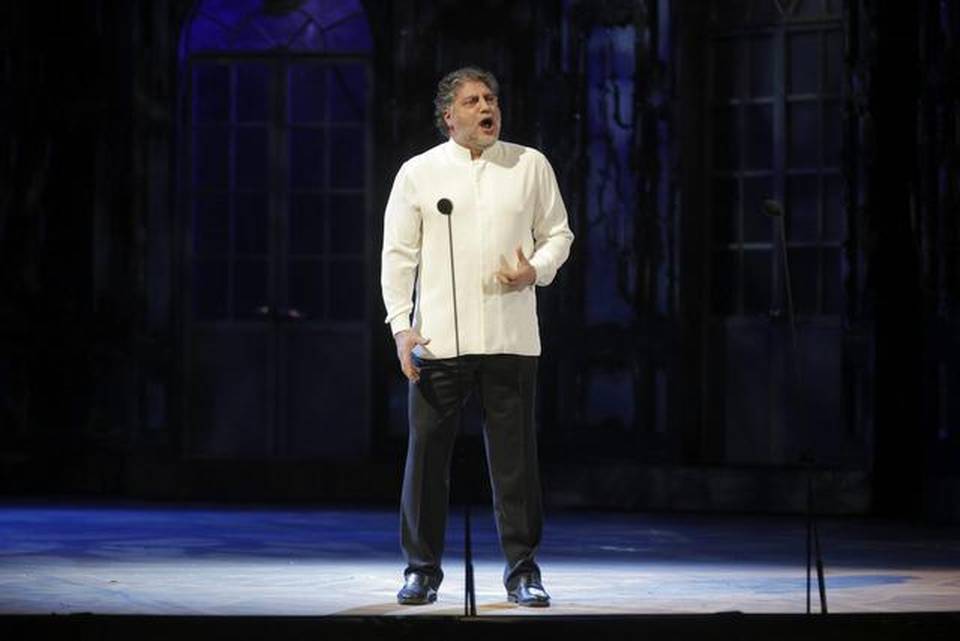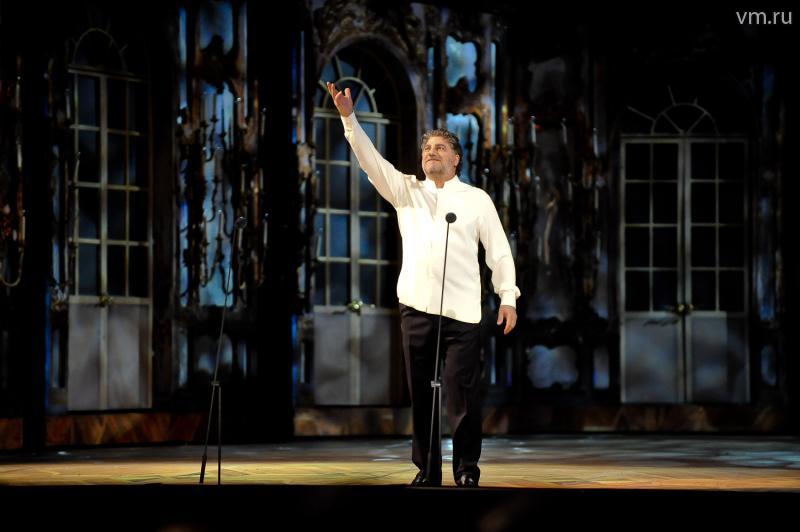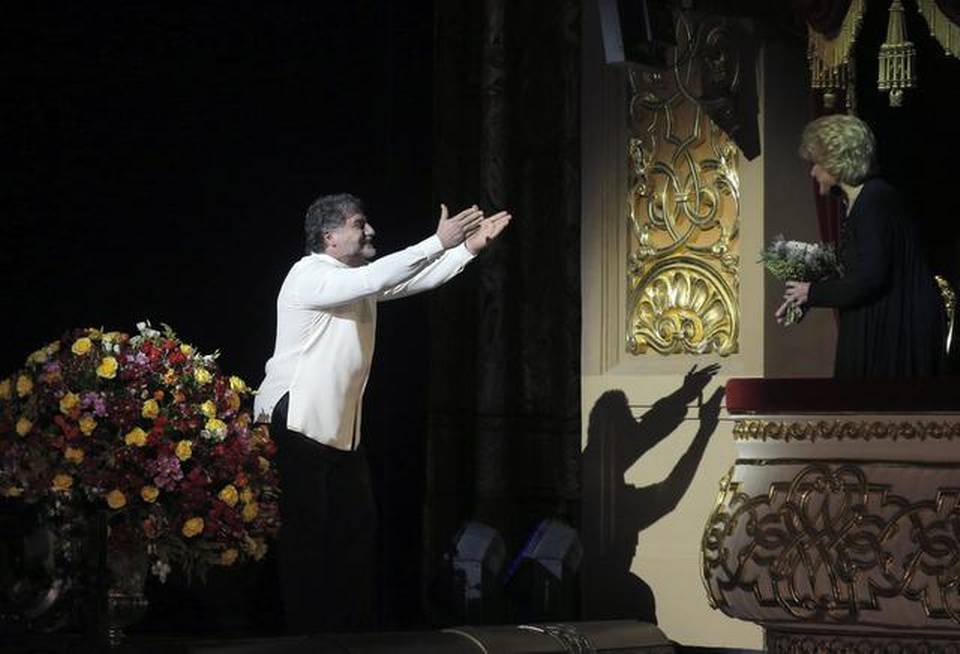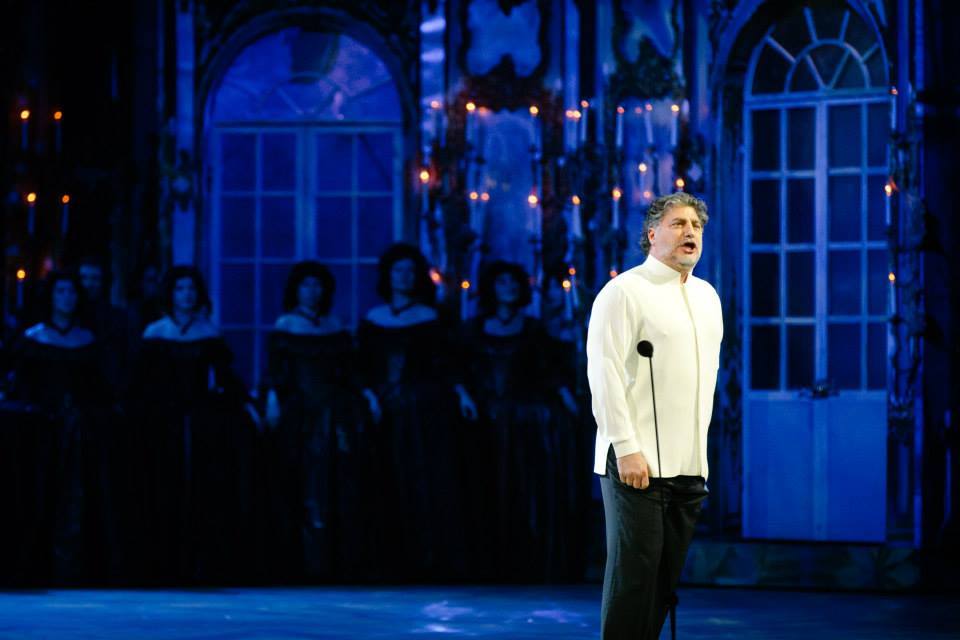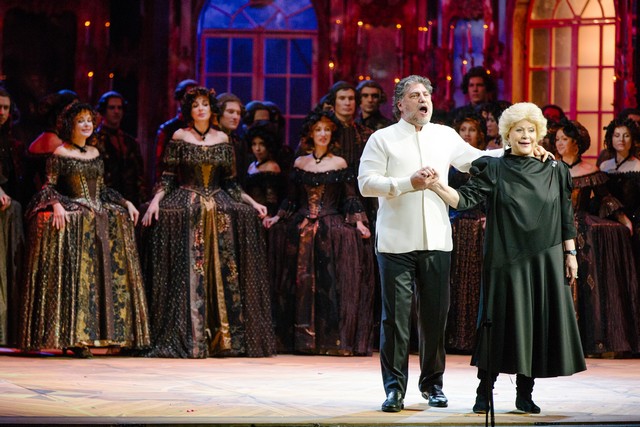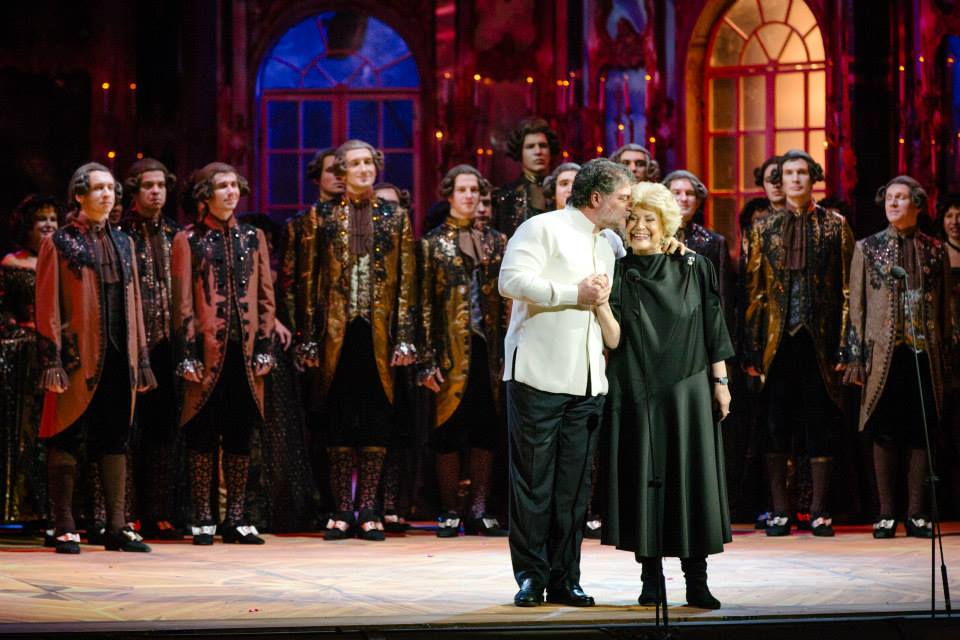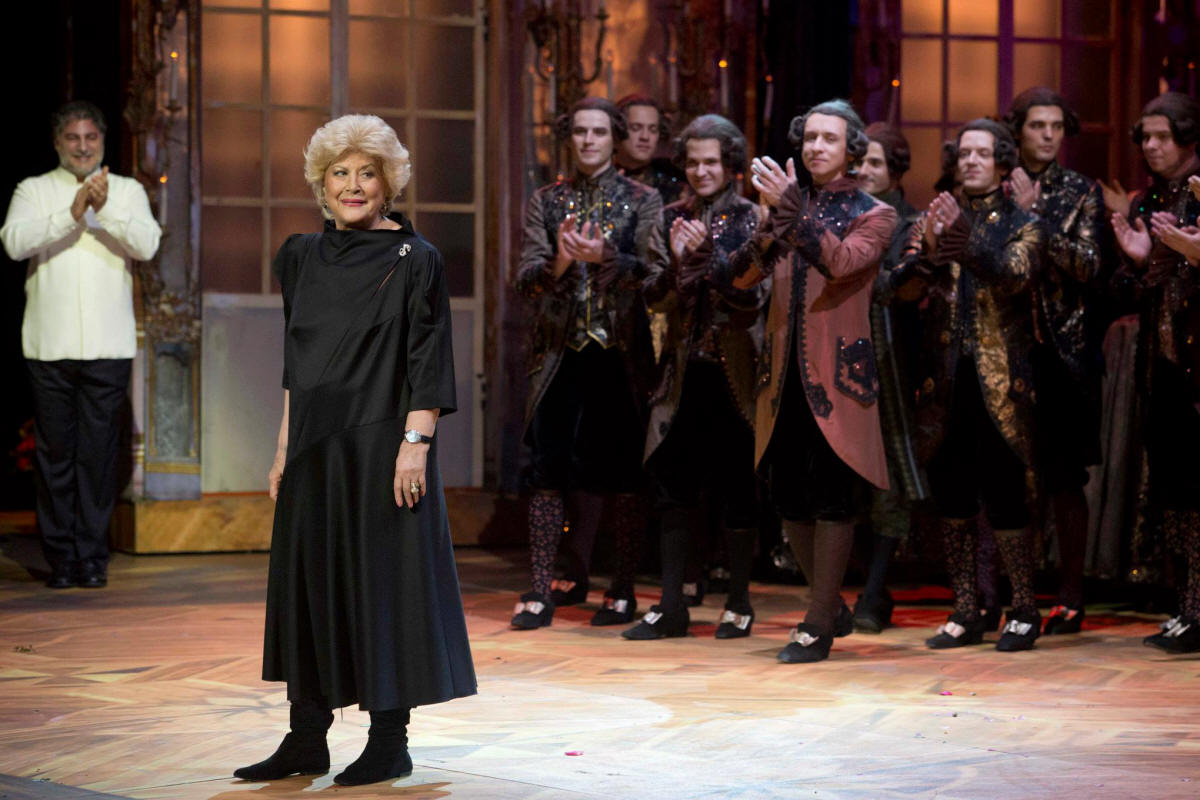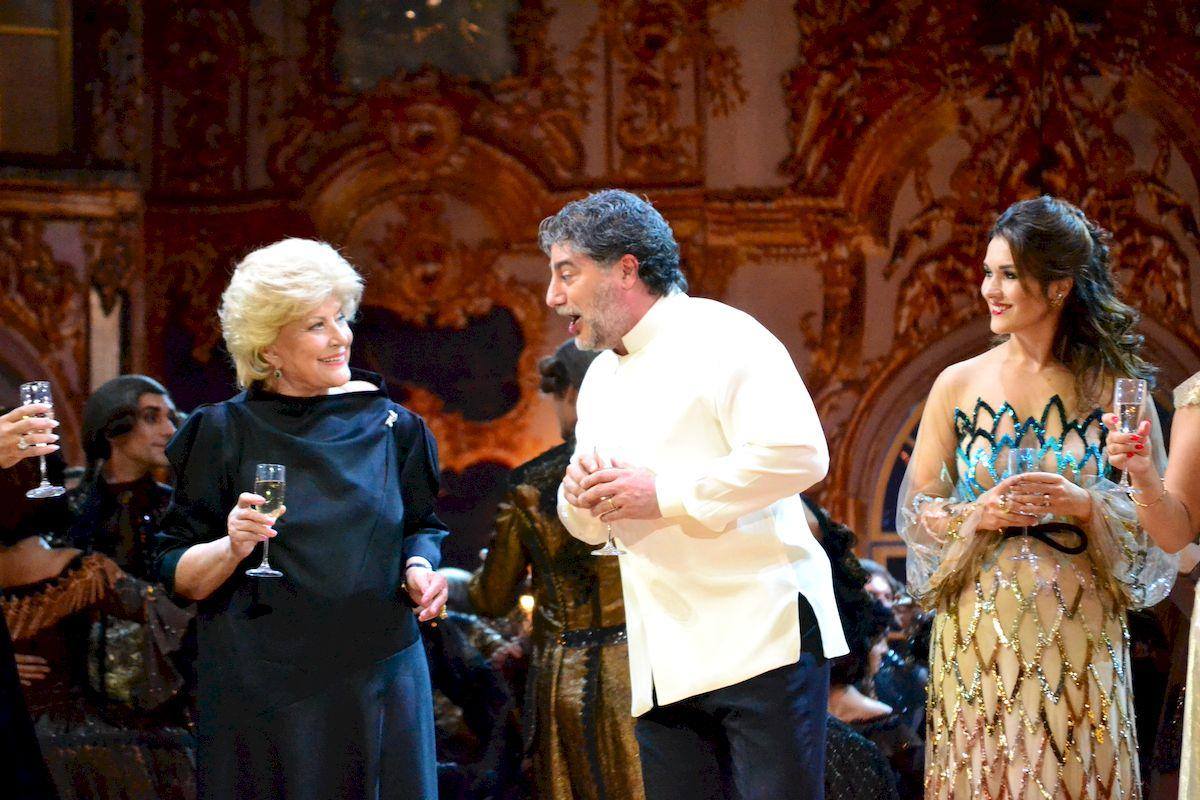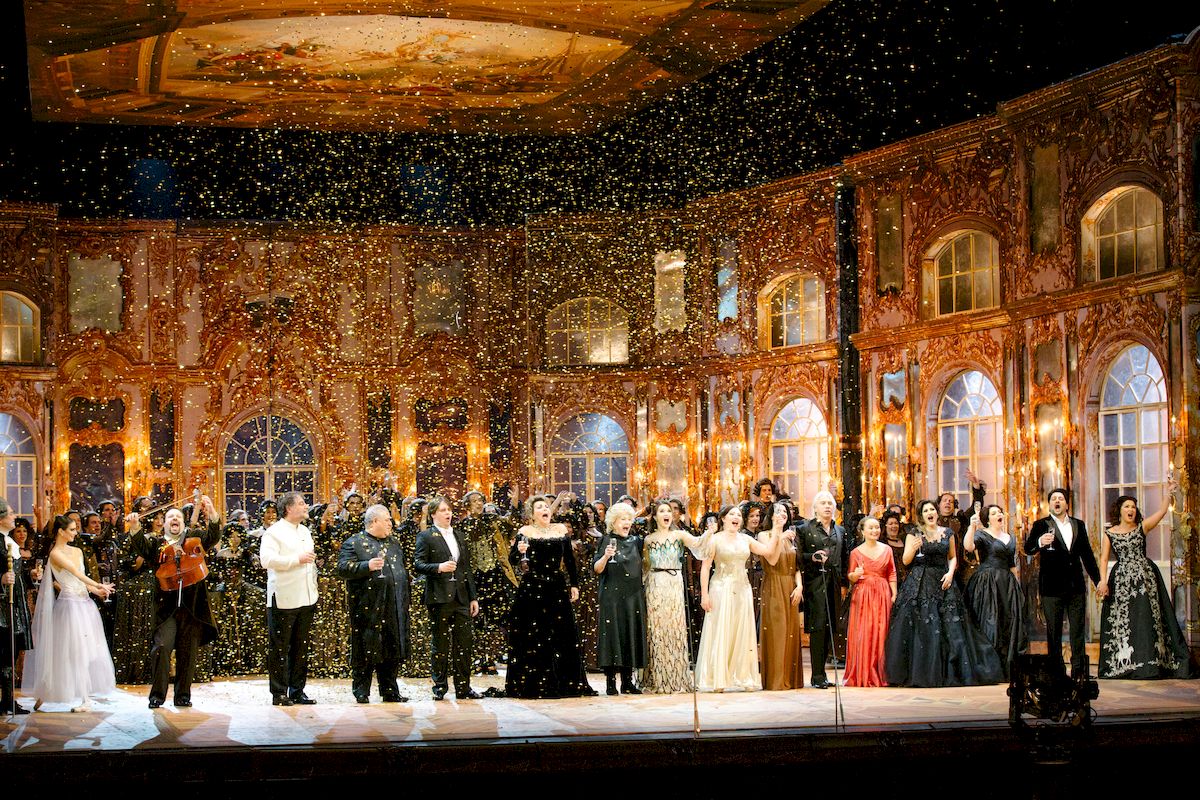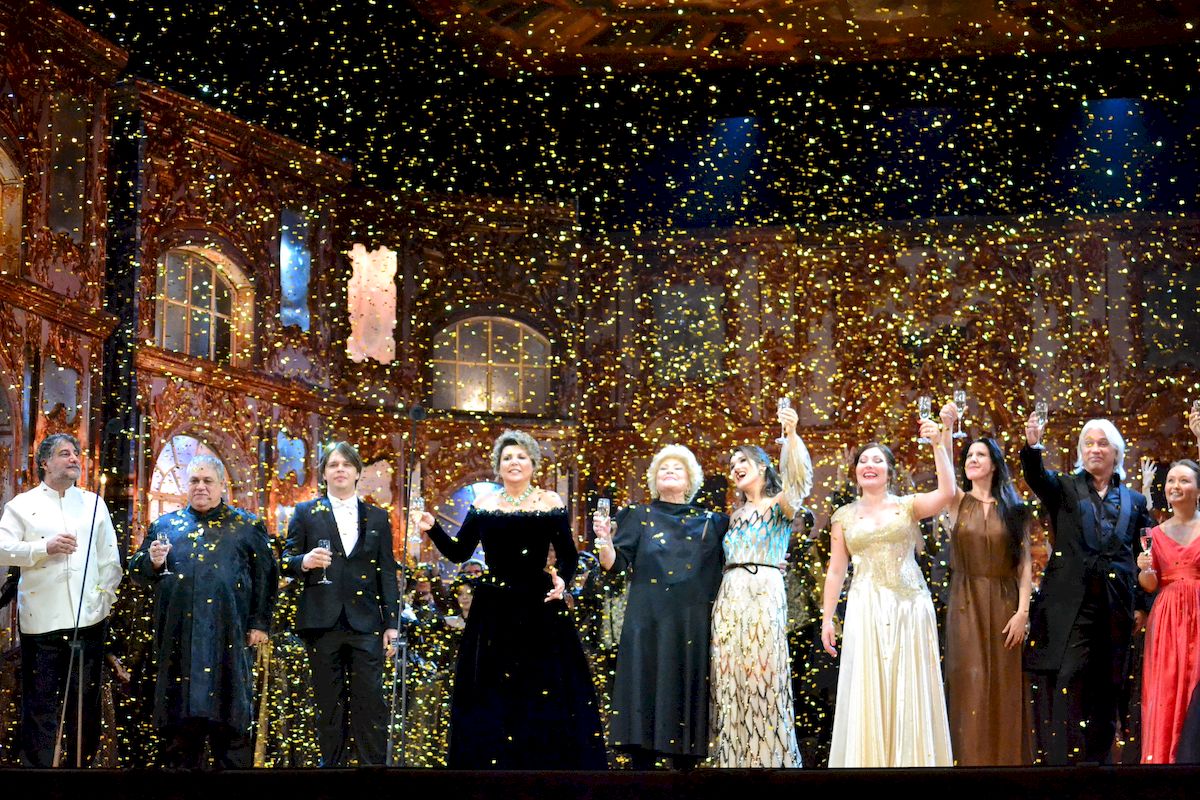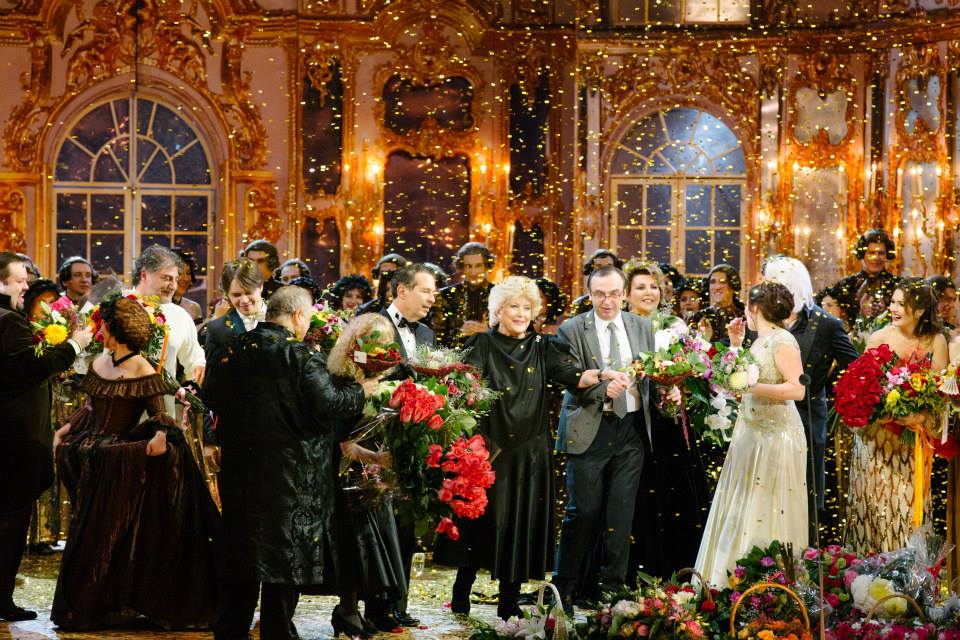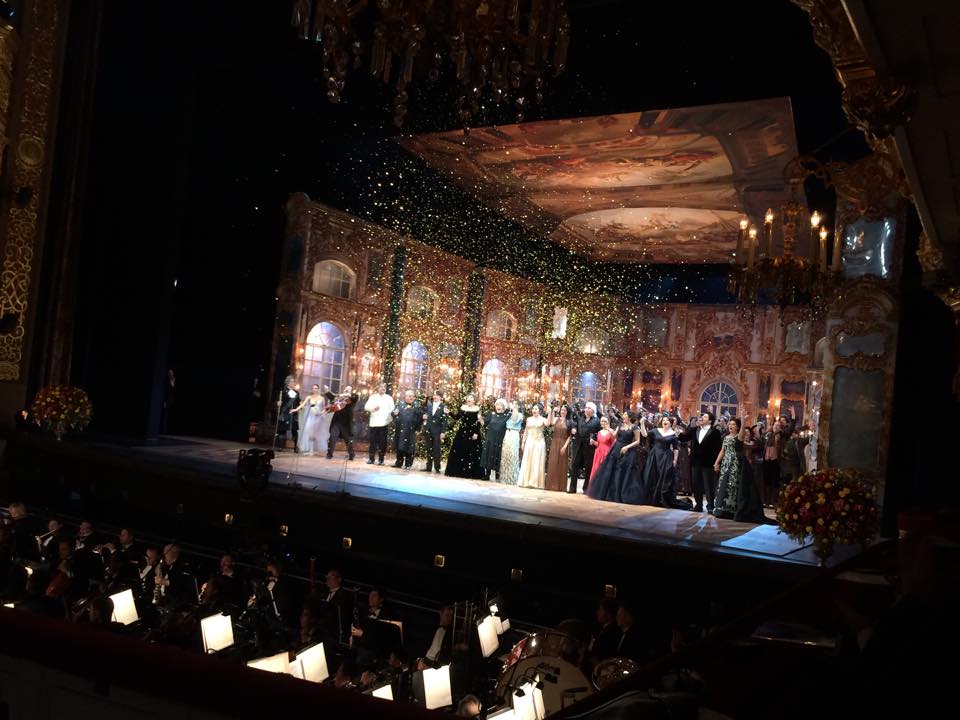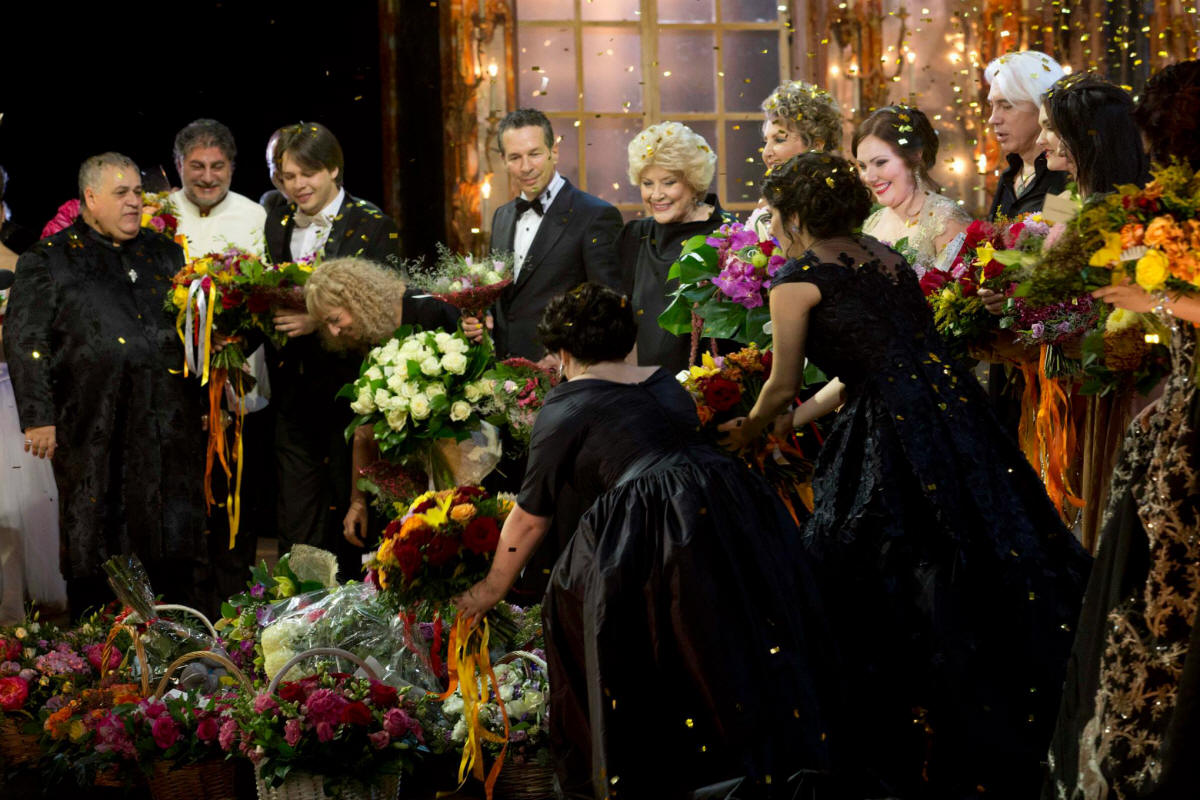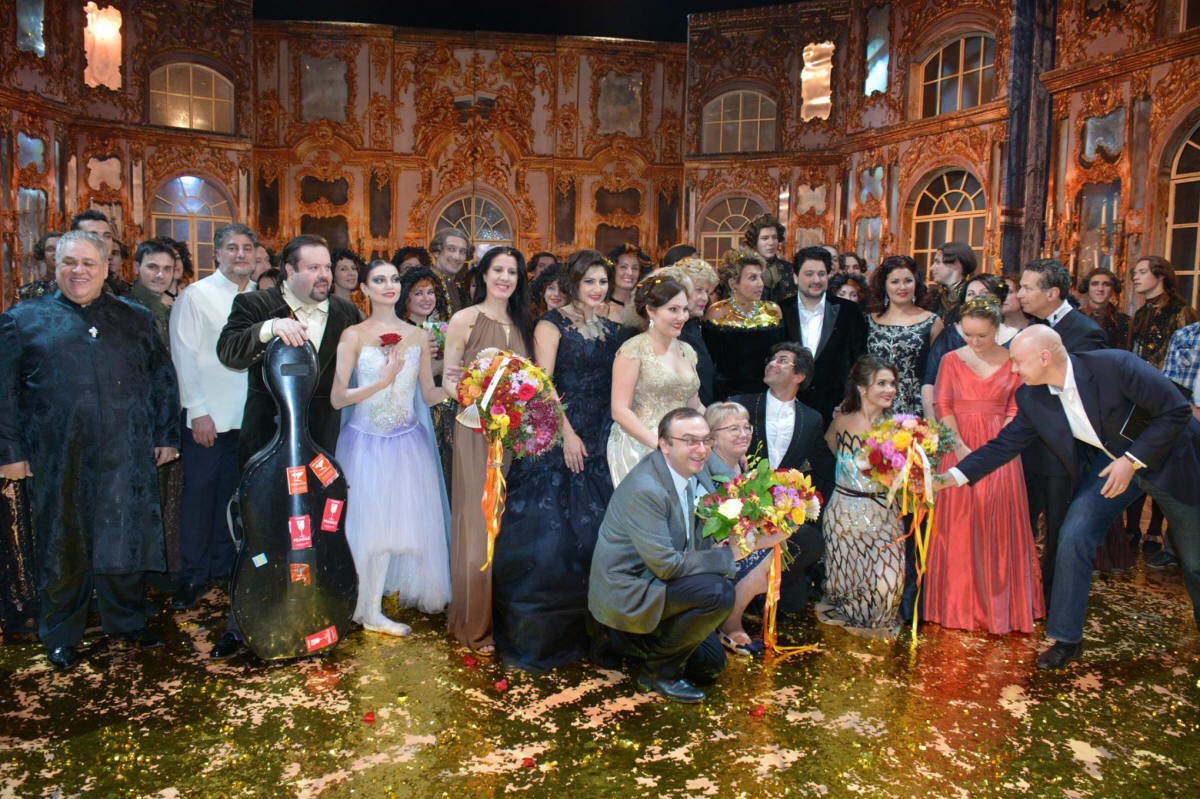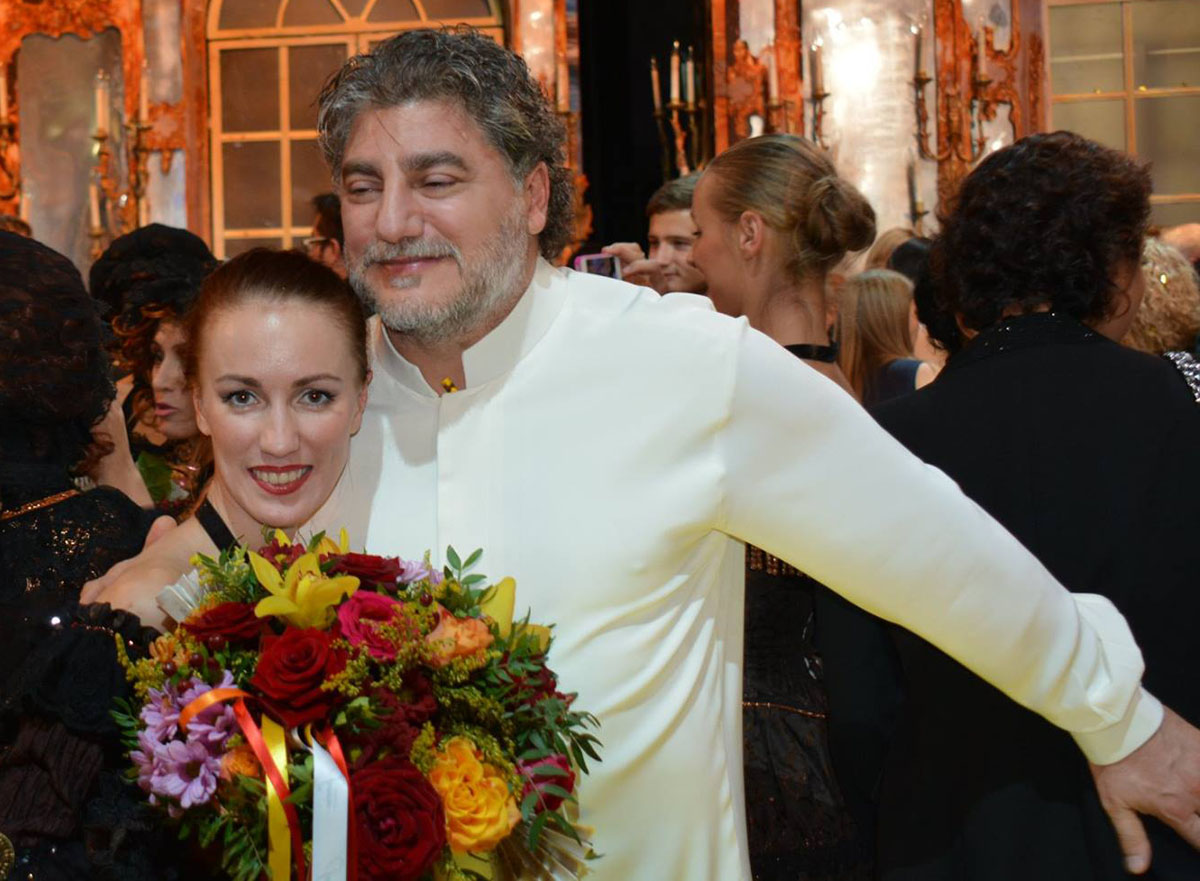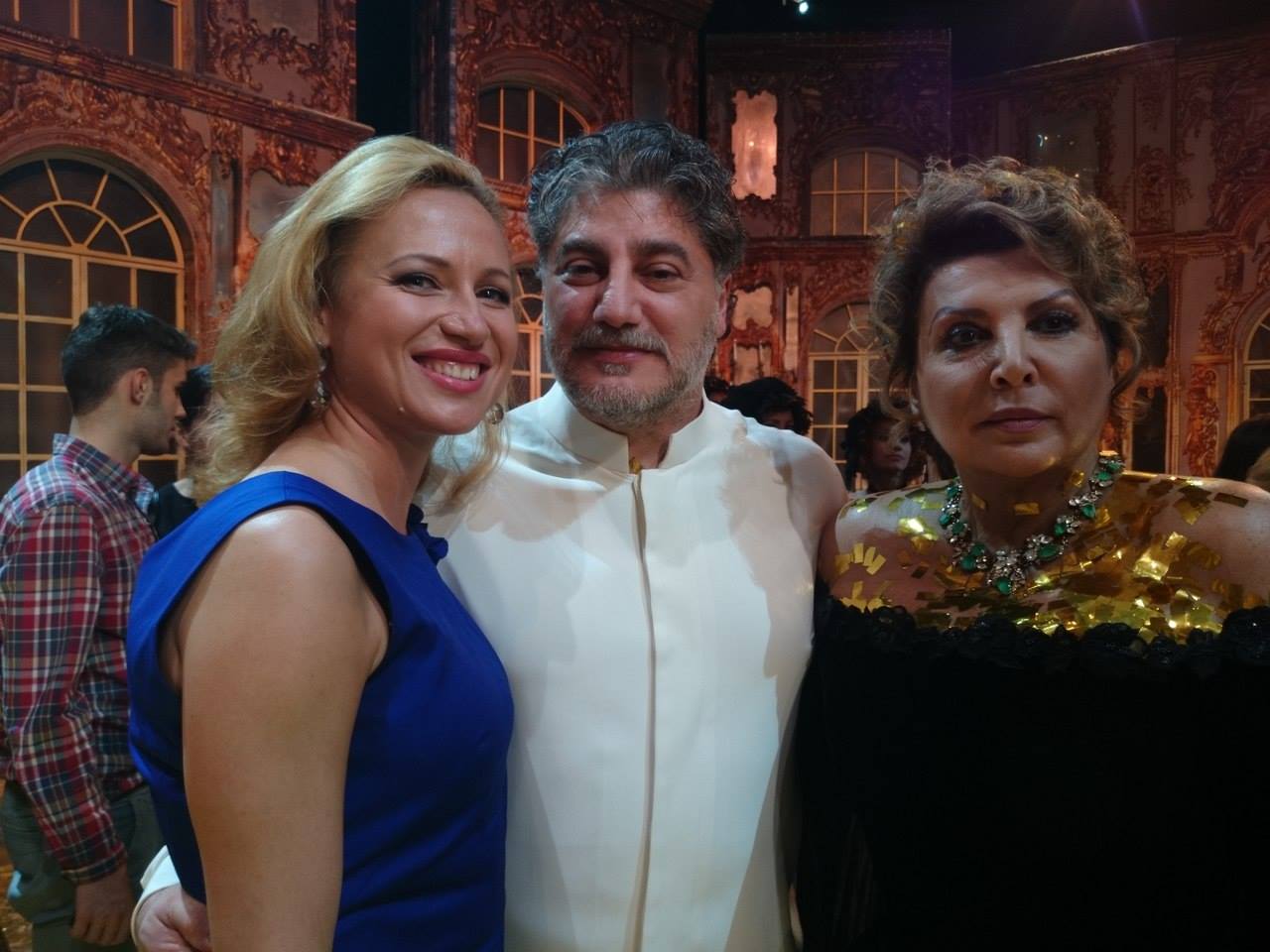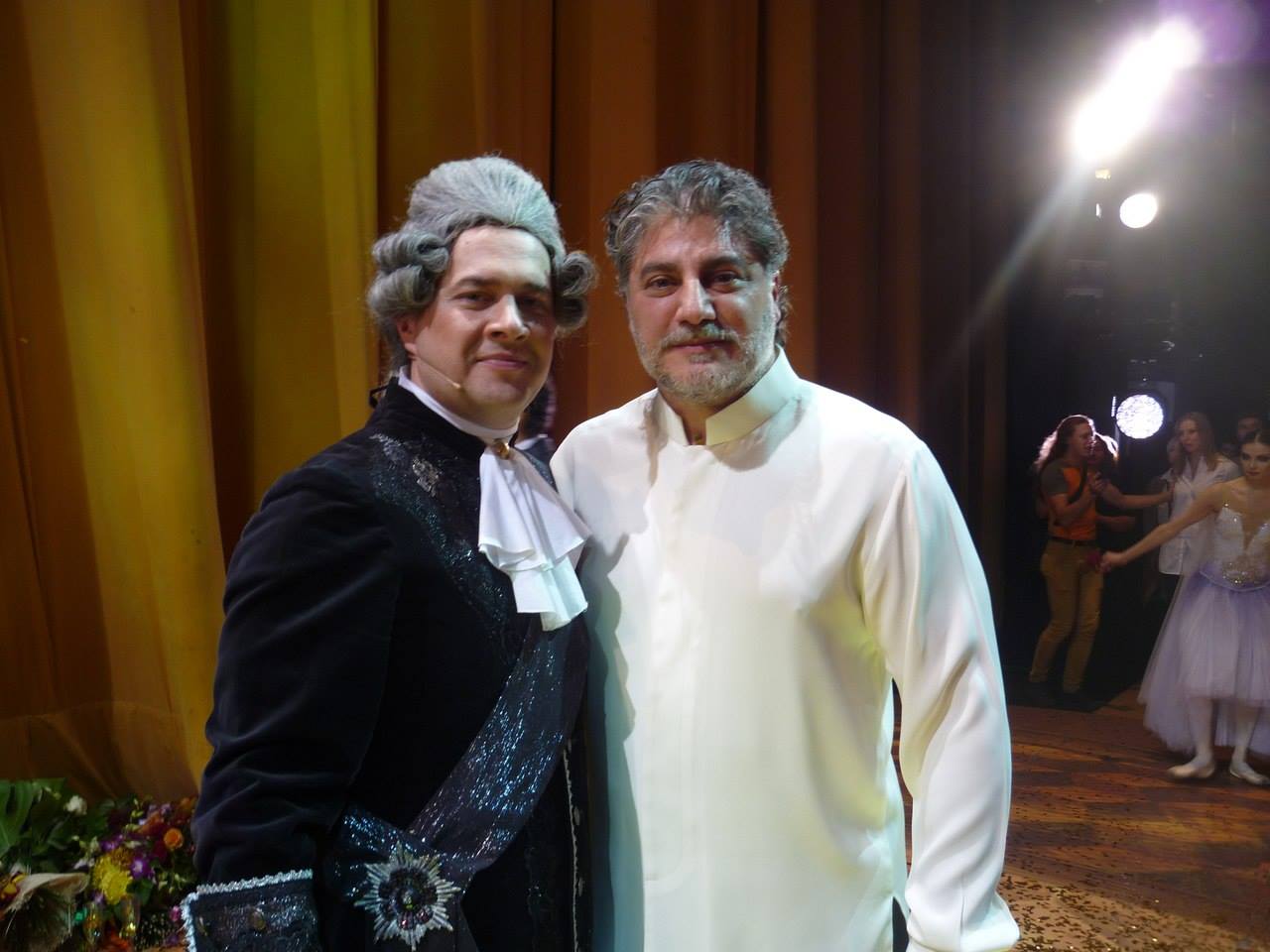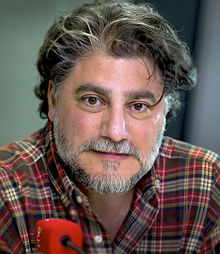|
|
|
|
|
Summer concert season is almost
here and José Cura has two exciting
dates on his calendar.
Hope those of you in Europe
have a chance to attend. Memories are great things and this week we look at memories from concerts from 2014. Of course, any Cura performance is special and has great memories built in...
|
Unconfirmed
!
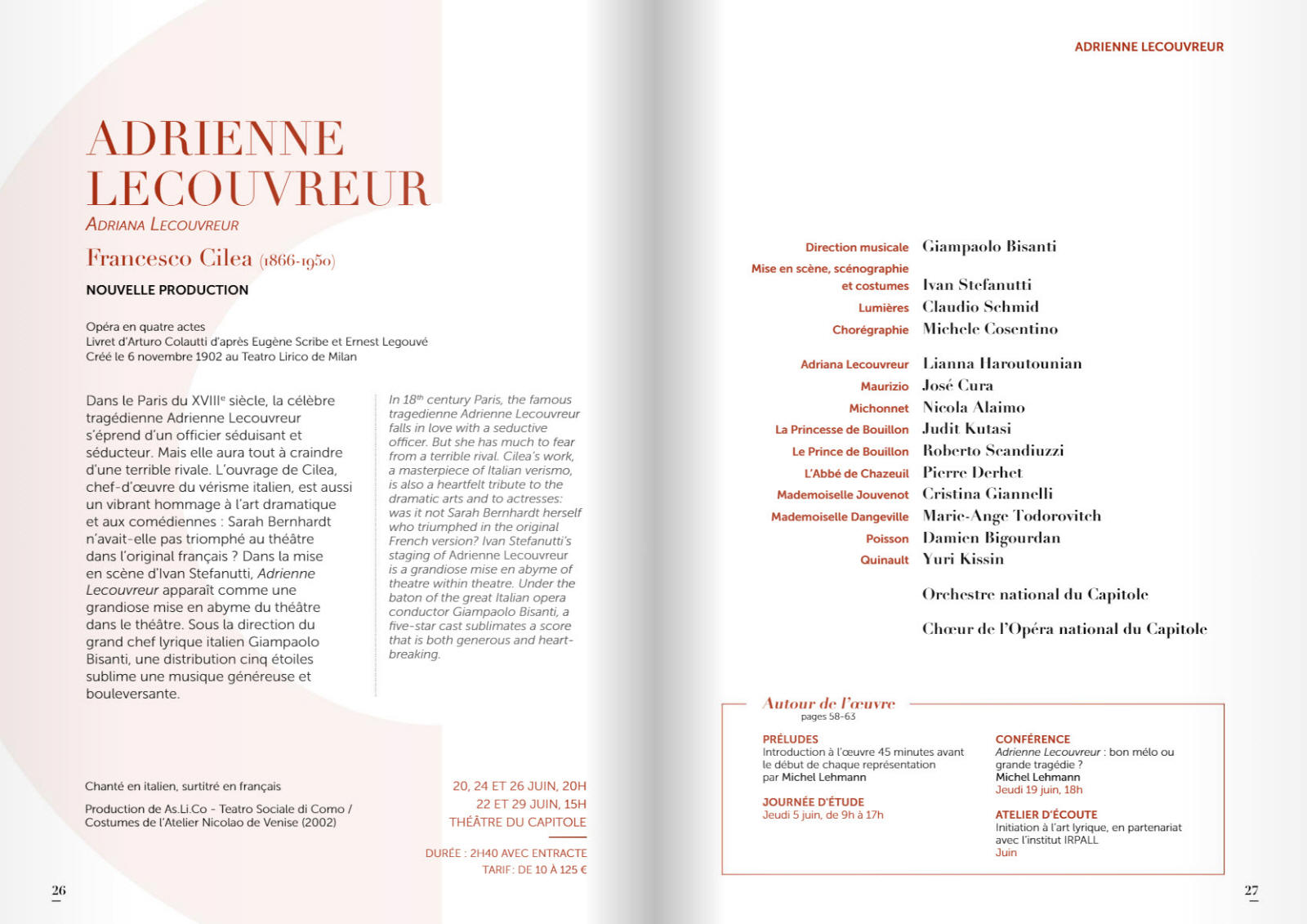
Upcoming!
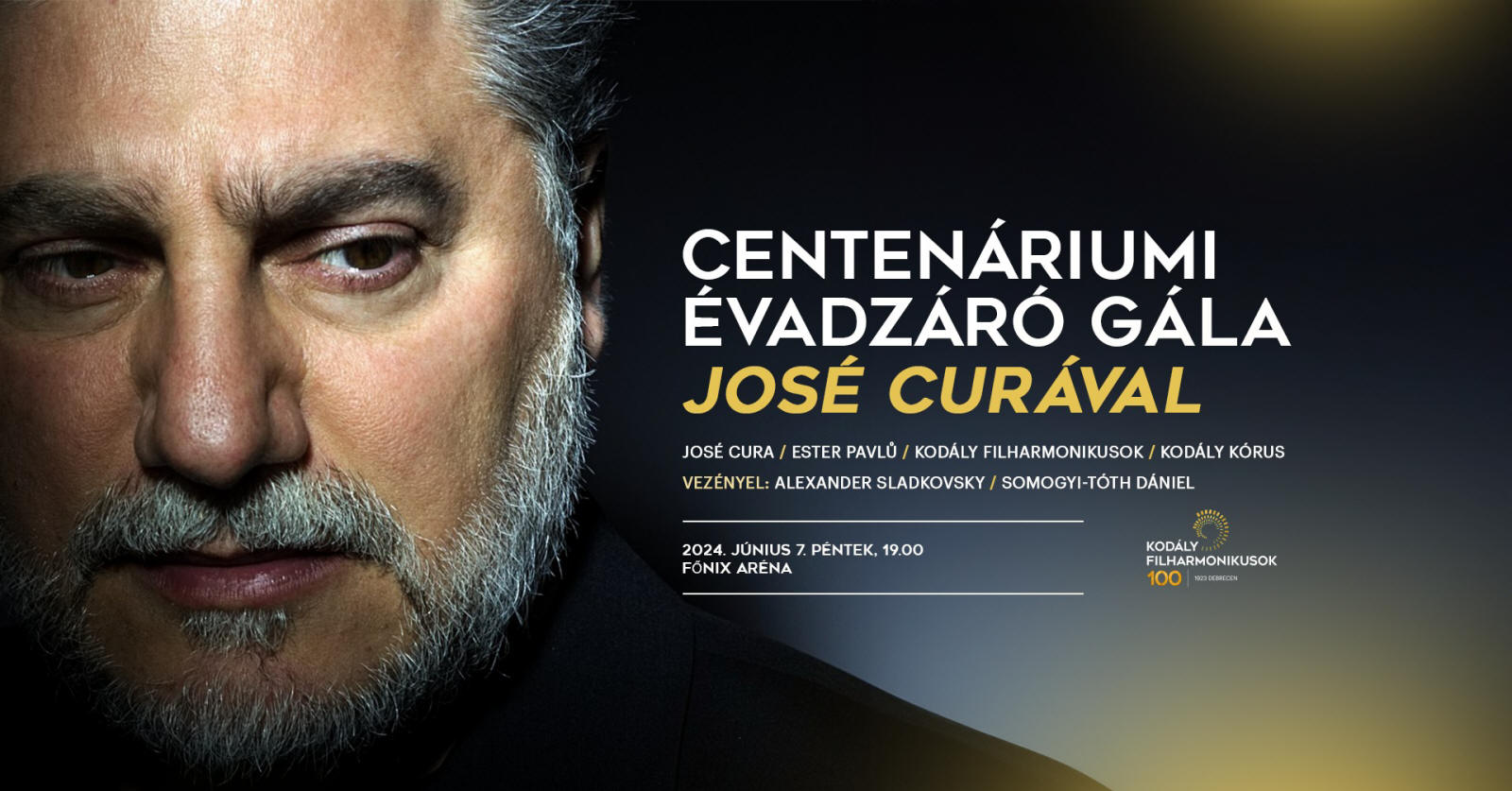
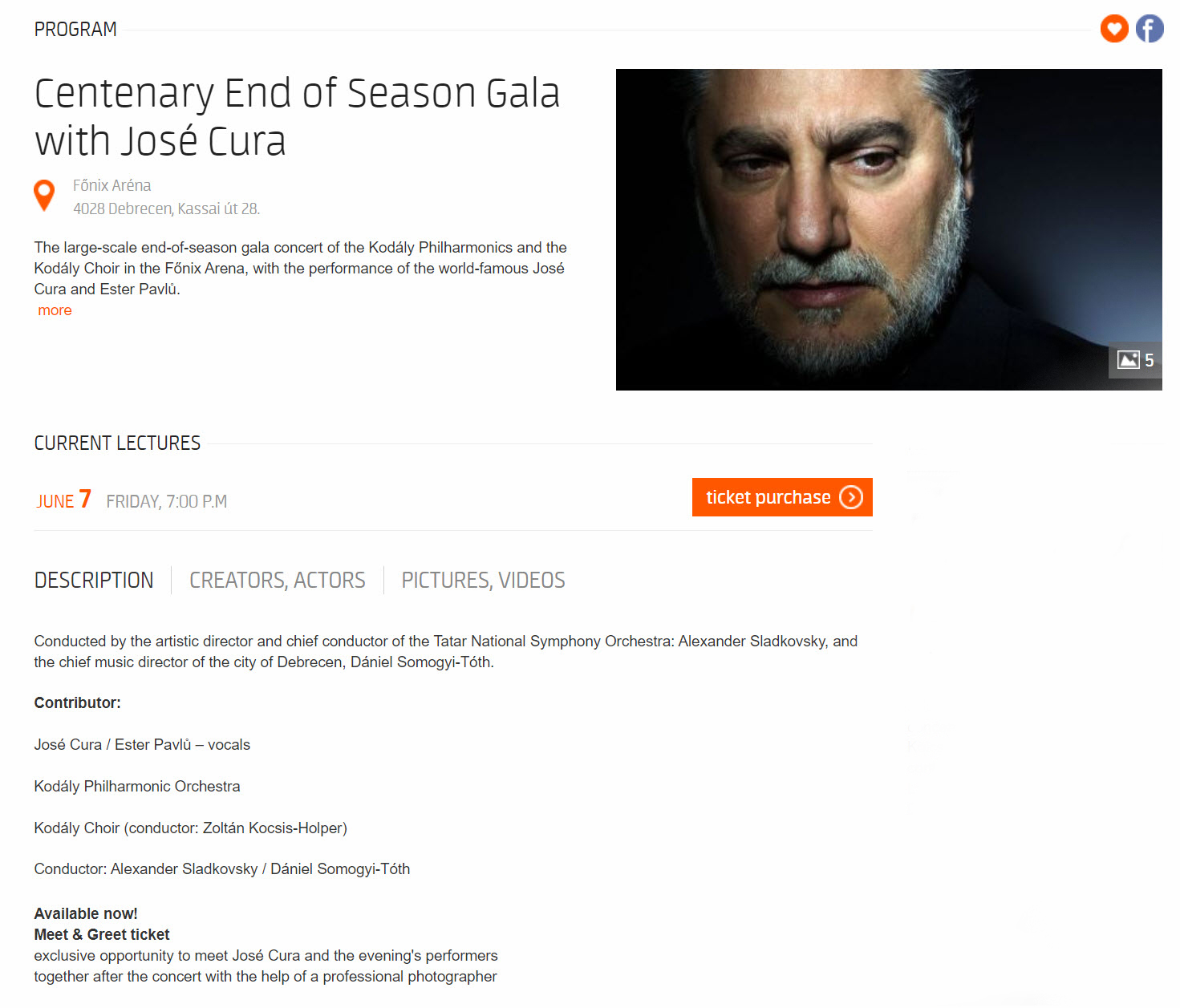



Interview with José Cura: “In classical music, versatility breeds suspicion."Fidelio 11 April 2024
[Computer-assisted Translation]
This year, the VeszprémFest audience will be pleased to have a returning guest. On July 17 José Cura, who has performed regularly at the renowned festival since its beginning, will be in concert again. We talked with the artist, who is also active as a conductor and composer, about the program based on Argentine songs and opera arias, musical versatility and social responsibility. In recent years, we have heard you often in Hungary, and you have a long-time returning guest of the VeszprémFest. How did your relationship with our country become so close? It's hard to explain who and what you start to be attracted to, but maybe that's okay. I performed in Hungary for the first time in 2000, like this. Next year will be my "silver wedding" with my Hungarian musical family, twenty-five years of fantastic cooperation. And my concert at the VeszprémFest celebrates the twentieth anniversary of my musical friendship with this wonderful city, of which I am also an honorary citizen, because we opened the festival with Zoltán Kocsis in 2004. In the description of the concert, it is stated that the works performed were specially selected for this occasion. What will we hear? Since I have already performed three times at the festival, I want to recall the atmosphere of the very first concert in 2004, which was a very eclectic performance since not only the usual opera arias were performed. I conducted Rachmaninov's 2nd piano concerto, in which Kocsis was the soloist, and he in turn conducted the opera parts that I sang. The next two concerts (in 2010 and 2018) were based on the opera repertoire, I was able to perform with excellent colleagues such as Ildikó Komlósi, Andrea Rost, Erika Miklósa and Ramón Vargas. And now I am proud to be able to present the songs of my homeland in the first part, accompanied by the fantastic Czech guitarist Barbora Kubikova, my old friend, the excellent pianist Dóra Bizják and the Mendelssohn Chamber Orchestra. Then, in the second part, we will perform excerpts from opera with the participation of one of my favorite sopranos, Polina Pasztircsák, and the expanded orchestra will be conducted by Mario De Rose. You often sing the music of your native Argentina. How much did this musical world influence you in your childhood? When I was younger, I only knew a few iconic Argentine songs. My family has 100% European roots. Though my parents proudly admitted that they were born in Argentina, they followed the international musical life much more [than the local one]. In 1999, I symbolically became Argentina's cultural ambassador, when my album Anhelo was released. That's when I received two large boxes of sheet music and a letter from a publisher asking me to be the standard bearer of this extraordinary music. Since then, I have been touring with the songs, singing them either with piano accompaniment or in my own arrangement with the participation of a chamber orchestra. When I recently asked the publisher in question to include these arrangements of mine in their catalog, they refused. So much for gratitude... But my musical brothers, the composers, are not responsible for the do's and don'ts of the labels, so I will proudly sing these great works until the air runs out of my lungs! How easy or difficult is it to get into the shoes of a character when you only sing one aria from a role at the concert? This is the biggest challenge for a singer or an actor, and also the most brilliant feeling during his career. Transfiguration into a character would really be the essence of modern opera, not that the director processes his traumas by creating meaningless performances with the audience's money. Of course, it is not easy to become another person for the duration of a five-minute aria, if one does not have enough experience in the role as a whole to be able to highlight the right moment and convey the emotions associated with it. And of course, not all arias need to be explored from a theatrical point of view in order to please the audience. If you sing the death of Otello, you have to experience everything the character goes through, but in Nessun dorma it is enough to hold the last note for a long time. You mentioned your partner at the concert will be Polina Pasztircsák, with whom you have appeared on stage several times. I think of Polina as a very dear colleague ever since we sang together in Otello at the Hungarian State Opera House in 2015. The spontaneously formed professional friendship that was established between us then has only become stronger since then. We presented my Te Deum together at the Enescu Festival, and last year she also sang at the Czech premiere of the piece, at the concert organized on the occasion of my sixtieth birthday. I hope that we can perform this composition of mine in Hungary soon. But I also conducted the performance in which Polina made her debut in the main role of Puccini's La rondine, and now we can go on stage together again at the VeszprémFest. In your own compositions, you immerse yourself in very different musical worlds compared to the ones you are used to dealing with as a performer. For example, the Requiem does not follow the Italian tradition of the genre, which builds the piece on arias and ensembles. Do you think the options for a singer to be involved in as many different types of music as they want are too limited? The more colorful you want to paint the canvas of your life, the bigger the palette your creativity needs. Of course, this doesn't mean that singing can't be enough if someone decides they don't want to expand their spectrum further, but it's surprising that while in other art forms it is accepted for someone to specialize in several different activities, in classical music, versatility gives rise to suspicion even in the 21st century. It took a few years for us to go from the reserved opinion that "Cura is a man who thinks he has to try everything" to the point where they say: "Cura can do everything, he is the Da Vinci of our time." But I'm not complaining, I have myself to thank for that. I just sometimes wonder how much talent we can lose because of social constraints. A very topical question is what mechanisms control us in almost all areas of life. You are known to deal a lot with social issues such as poverty or migration. How do you think art can make the world a better place, and what do famous artists need to do in addition to practicing their profession? People pay more attention to a celebrity—we can call them "influencers" using a fashionable term. Therefore, it carries a lot of responsibility when that person says or does something, and he can use his influence to sell garbage or to plant an idea in the collective consciousness, which then starts a whole avalanche of consequences. The result can be positive or negative depending on one's moral compass. But how much could change in the blink of an eye if influencers in various fields were able to use their magic for social responsibility! Just call me an idealist…
|
|
The Argentine tenor José Cura enchants the Arena Giornale Metropolitano 29 September 2014 Marta Soligo
Moments of great emotion when the artist sang our national anthem singing "Fratelli d'Italia" [Computer-assisted Translation // Excerpt // Correction to some misattributed titles] Jose Cura, one of the world's most famous tenors, has returned to enchant audiences at the Arena di Verona. Cura had previously starred in Cavalleria Rusticana and Pagliacci in 2006 and Turandot in 2005 at the arena; on this night the Argentine artist, born in 1962, was joined by Russian soprano Maria Guleghina and Italian baritone Carlo Guelfi as the three stars of the musical show “L'Opera č La Grande Bellezza.” With a meaningful title harking back to the recent Oscar-winning achievement of Paolo Sorrentino's film, the event was designed to highlight the great art of Italian Opera through one of the brightest stars in the firmament of opera, so much so that the ovation came with Cura's first performance, the Puccini aria E lucevan le stelle [corrected from original article]. Not to be outdone was Desdemona Rea [corrected]," paired with Guelfi, as well as the duet with the soprano Giŕ nella notte densa, both a tribute to Giuseppe Verdi’s Otello. Then there was the inevitable reference to the unforgettable Pagliacci of 2006 with Leoncavallo's Vesti la Giubba. Also noteworthy was the finale of In questa Reggia, which saw Cura perform to the last notes with Maria Guleghina, who masterfully played the character of Turandot for a decidedly evocative moment that resulted in applause worthy of great events. And it was the tenor himself who ended the evening, greeting the audience with the highly acclaimed Nessun dorma. And what a thrill for viewers in the Bel Paese to see José Cura singing Fratelli d'Italia, a symbol of the country of music so dear to the Argentine artist. These are the notes that will surely have taken him back in time, to when he moved to Verona in 1991 to follow his dreams, as he himself wrote a few days before the show on his FaceBook profile. An unbreakable bond, the one with Italy, which in 2000 led him to be Alfredo Germont for the event broadcast live worldwide by RAI, La Traviata a Paris, with the RAI National Symphony Orchestra conducted by Zubin Mehta. And on the evening of Sept. 25, despite the fact that the temperature in the La Scala amphitheater was no longer that of summer, the great voice took care of warming up the atmosphere, not only through those applause and "bravo!" coming from the stalls, but also by filling a magical location with the treasure that is opera music.
|
|
|
Concert 2014 St Petersburg (October)
|
|
Concert 2014 Moscow Gala (October)
|
Jose Cura, opera singer on performing at the Gala: "Unfortunately, I have never performed with Elena Obraztsova, and for the rest of my life this will be my unrealizable dream. But I want to convey a message to the audience at this concert. We live in a world where everything happens very quickly, where new young singers are discovered, worked with, but then discarded quickly for even newer young singers. But using this concert in honor of Elena Obraztsova I want to say that this art field is impossible to sustain without experienced singers. You don’t have to always keep looking for new, younger people. You have to rely on experience. I have never performed at the Bolshoi. There are so many tenors in Russia who perform the same repertoire I do and they do it very well so there is no need for me. But I hope that one day I will still be invited to perform here." Tass, 27 October 2014 |
|
Miscellaneous Photos from Moscow
|
|||||||
|
|
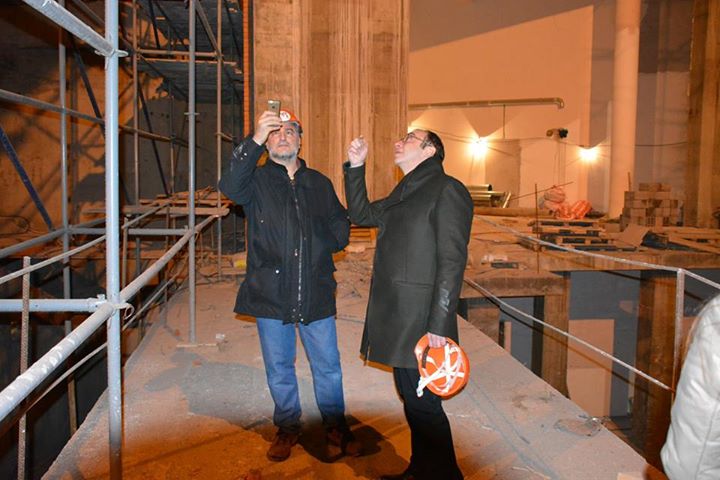
|
||||||
|
Press Conference in Moscow
Rehearsal in Moscow
Gala Performance
Miscellaneous Photos
|
|||||||
|
José Cura, Latin American voice in tribute to Russian diva Portalvallenato 29 October 2014
[Computer-assisted Translation] Famous for his character performances, the Argentine tenor José Cura was the only Latin American who sang today in the tribute paid here to the Russian world opera star Elena Obrazstova for her 75th birthday. Born in the city of Rosario and with 25 years of artistic career, Cur attached great importance to his debut on the historic stage of the Bolshoi Theater. For Latin America to be present at this kind of event in which an international figure like Obraztsova is honored is very important because today we live in a world of "use and pull," he told Prensa Latina. That is to say, he explained, young people are used and squeezed for a few years, and then when they truly become artists—because talent takes years to nurture and matures—they are forgotten about. Cura considers it significant and inspiring that this 75-year-old figure, "a legend, a person who marked the art of singing in Russia," was honored and that when the most important international artists were summoned [for the evening] he was included. “It makes me very happy and I feel honored as a Latin American,” he added. “Russia recognizes that a mature artist is a great figure and an example for young people. That is why I am happy for this invitation,” he said. Commenting on his contact with Russian stages, Cura remarked that while he has sung in concerts and conducted orchestras, he has never been to the Bolshoi before. “I am impressed by this wonderful theater,” concluded the composer, opera director and stage designer.
|
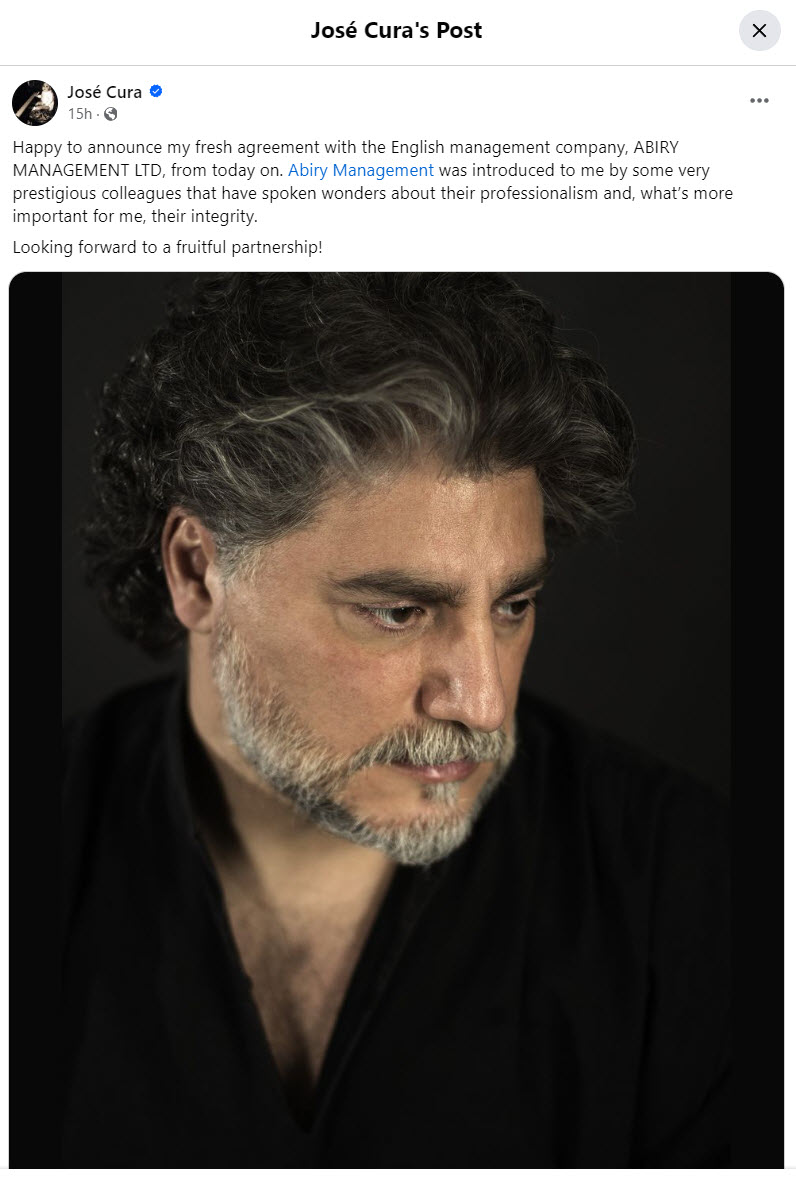
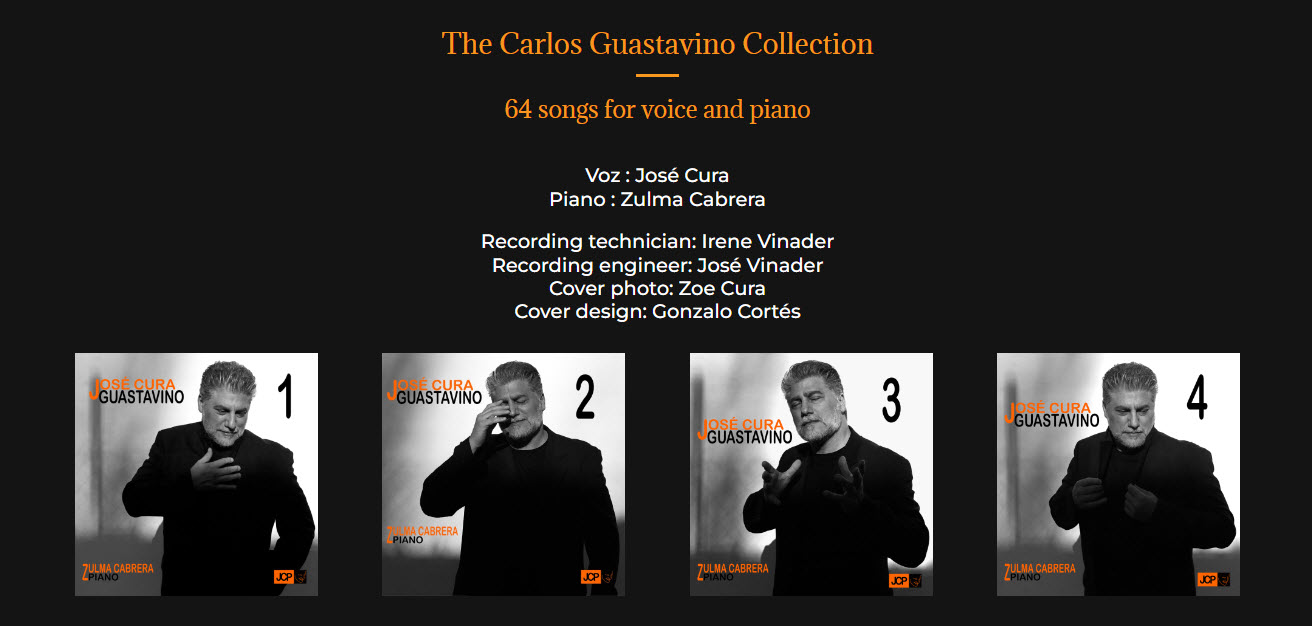
Available on iTunes and at Amazon
Resources
|
|
|
Visit at JoseCura.com |
Find Cura on Wikipedia!
This page is an UNOFFICIAL fan page. Mistakes found in these pages are our mistakes and our responsibility.
This fan page is dedicated to promoting the artistry of José Cura. We are supported and encouraged by Cura fans from around the world: without these wonderful people, we wouldn't be able to keep up with the extraordinary career of this fabulous musical talent.
Note that some of the material included on these pages are covered by copyright laws. Please respect the rights of the owners.
About |Awards and Honors |José Cura |Cover Photos |Concerts 1 |Concerts 2 |Discography |Guest Artist - Budapest |Guest Artist - Prague |Master Class |Opera Work |Opera Work 2 |Photos |Press
Last Updated: Sunday, April 14, 2024 © Copyright:
Kira

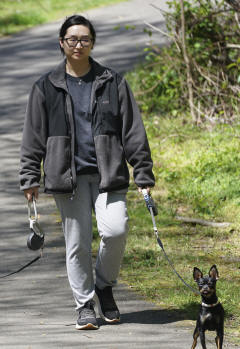

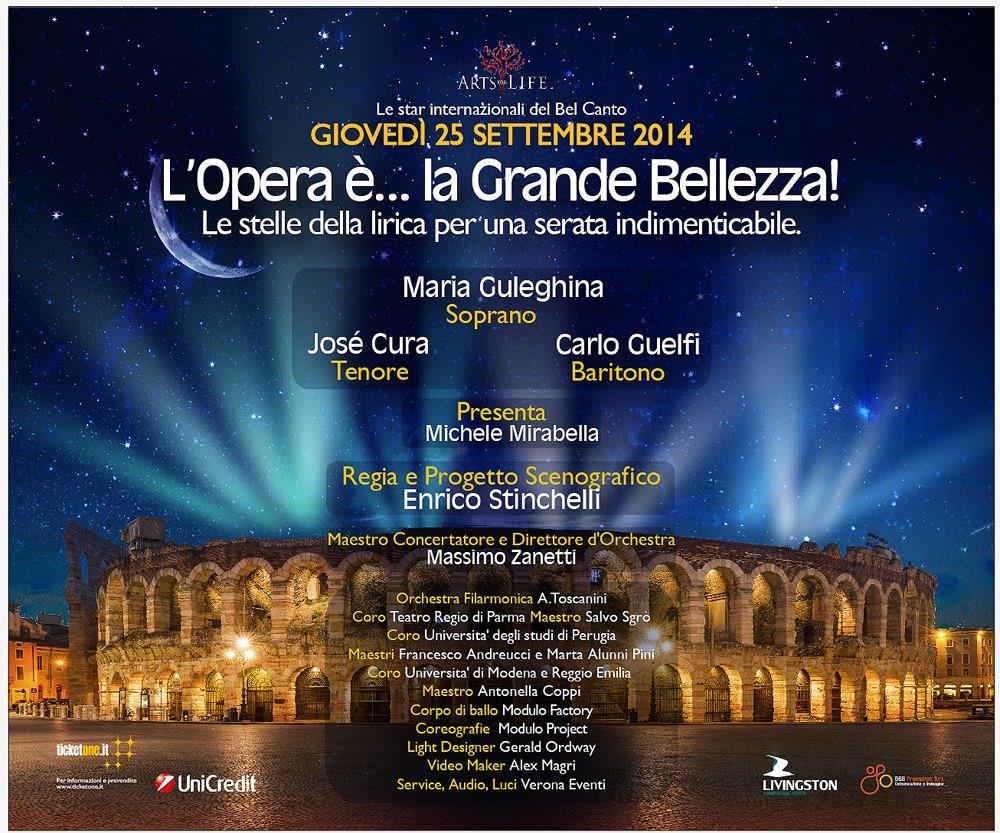
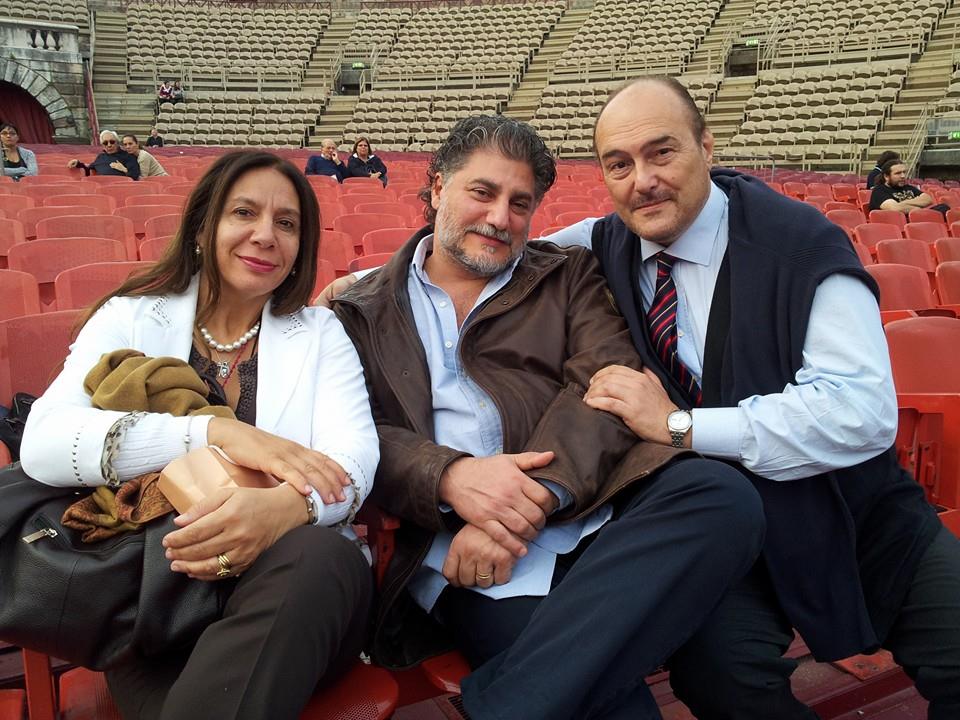
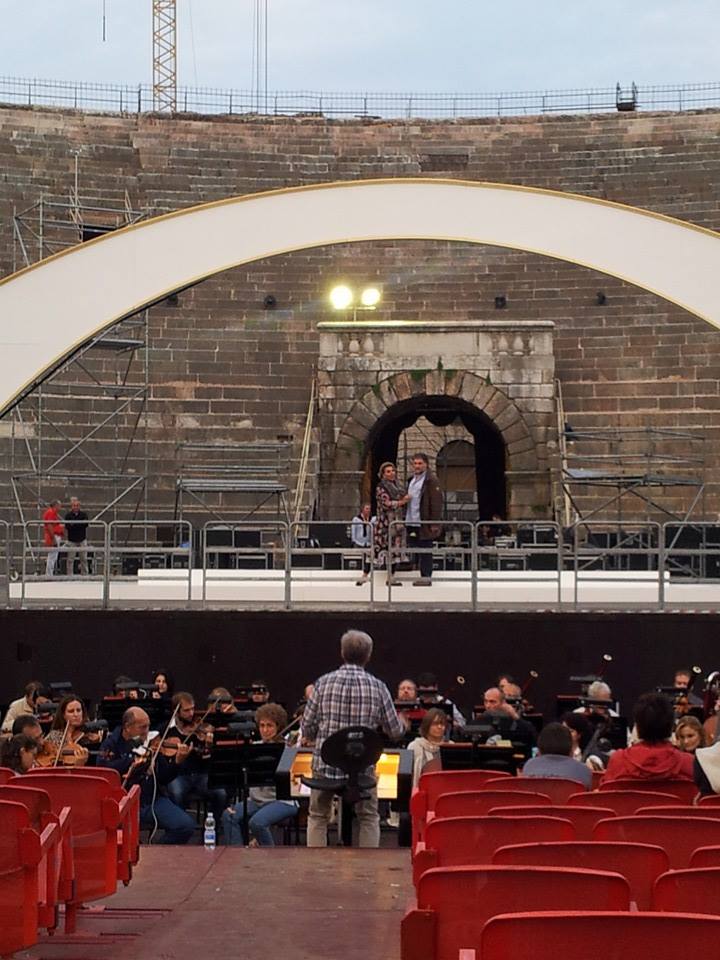

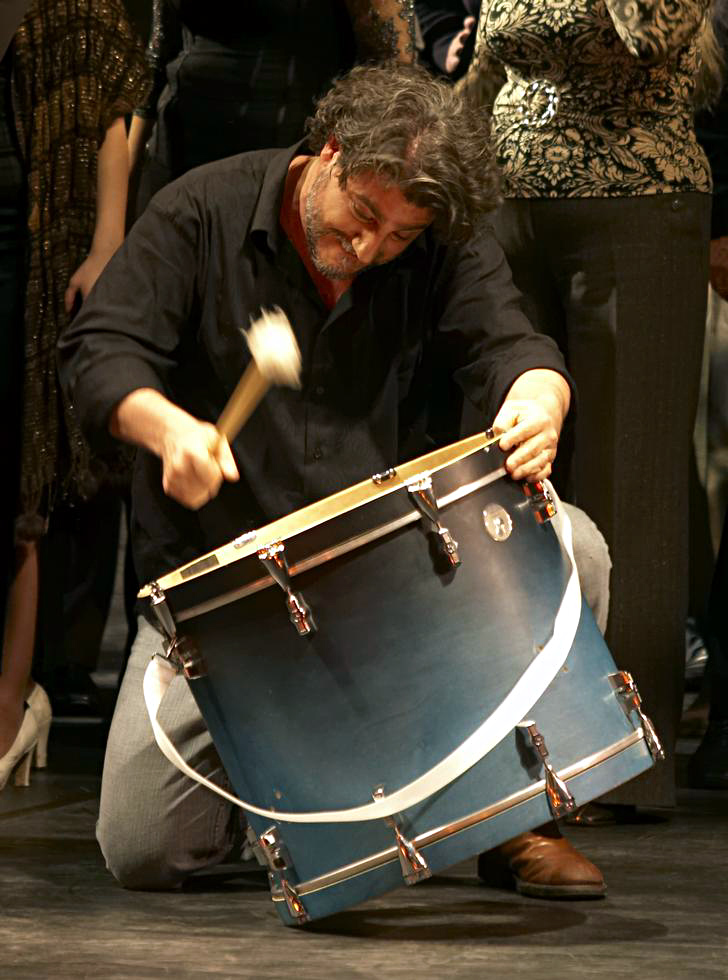
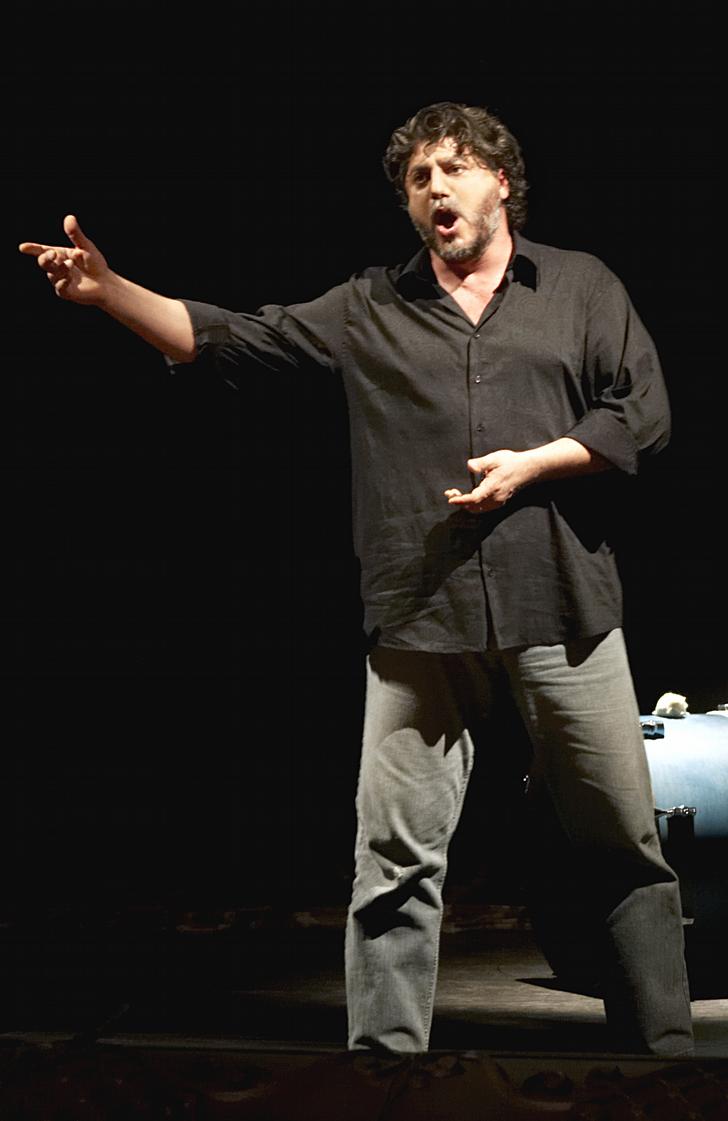
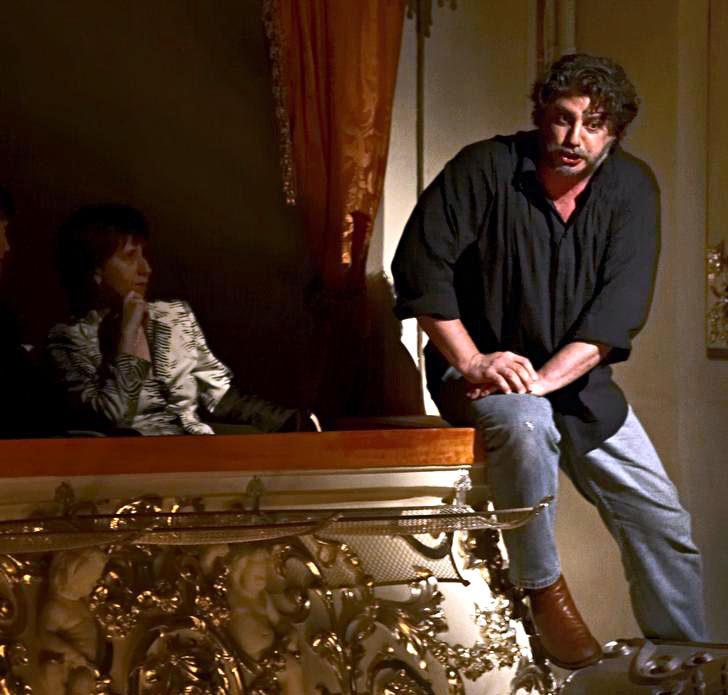
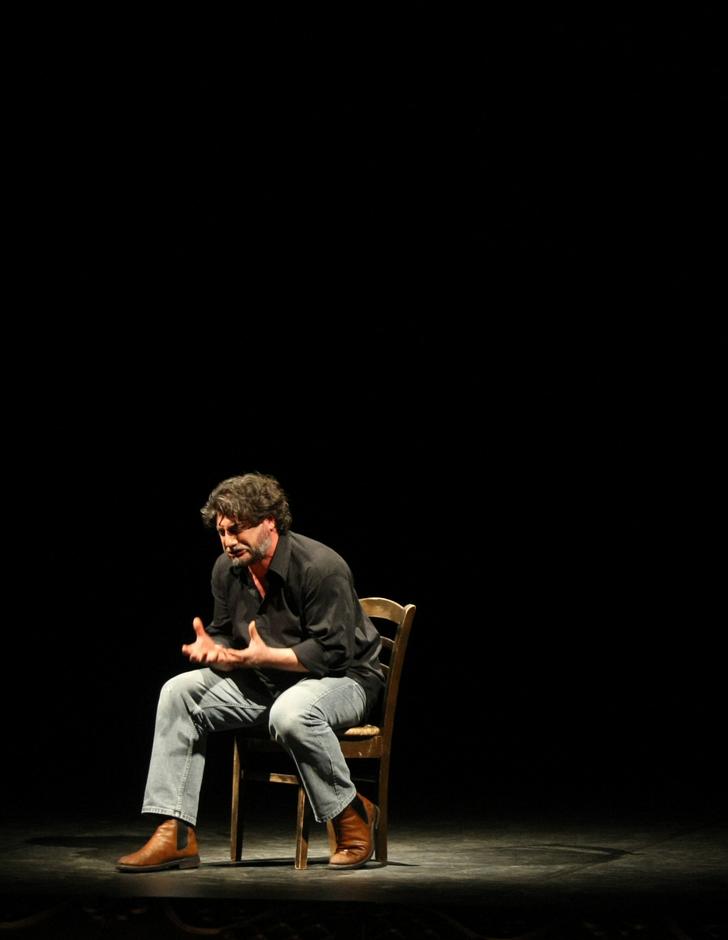
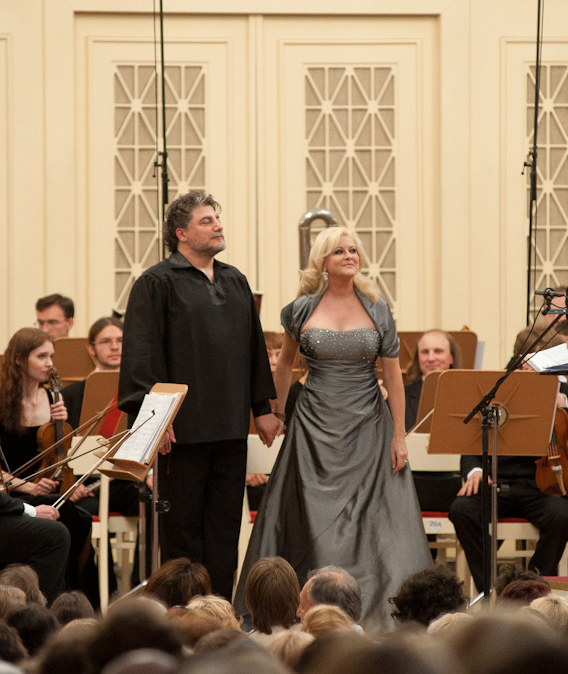
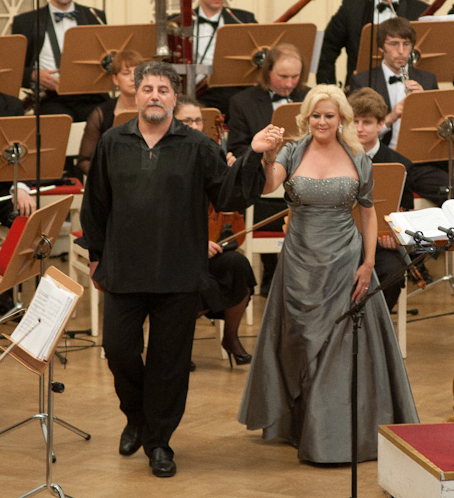
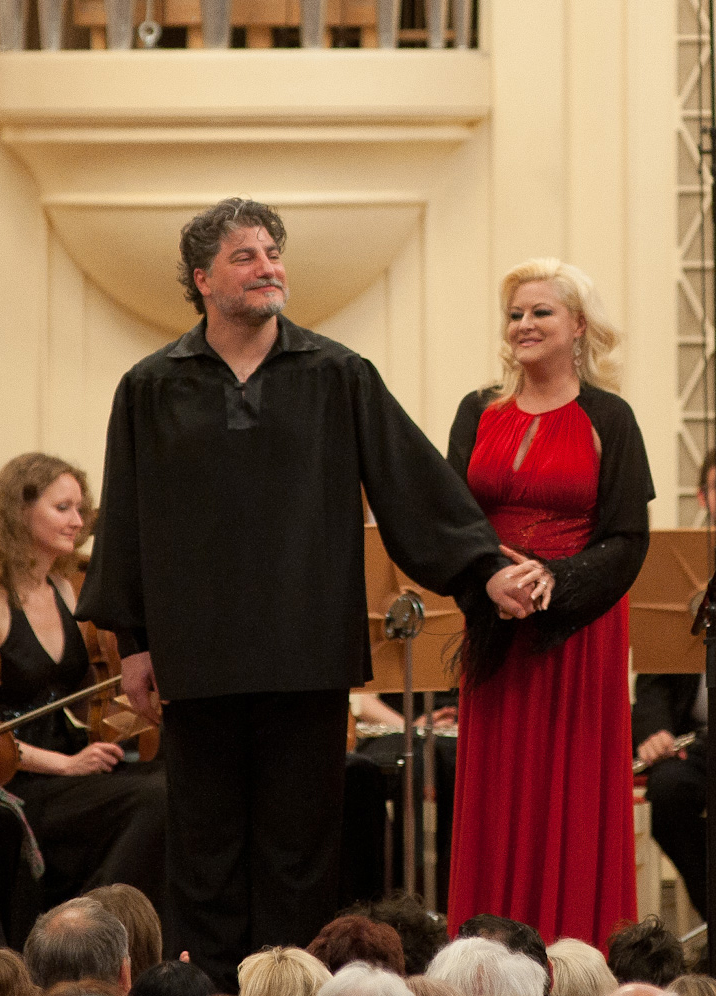
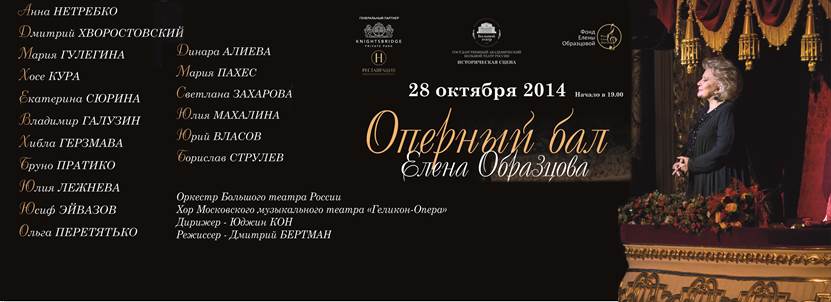
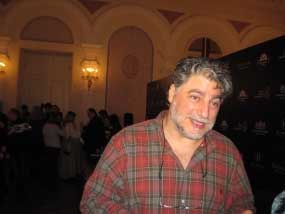
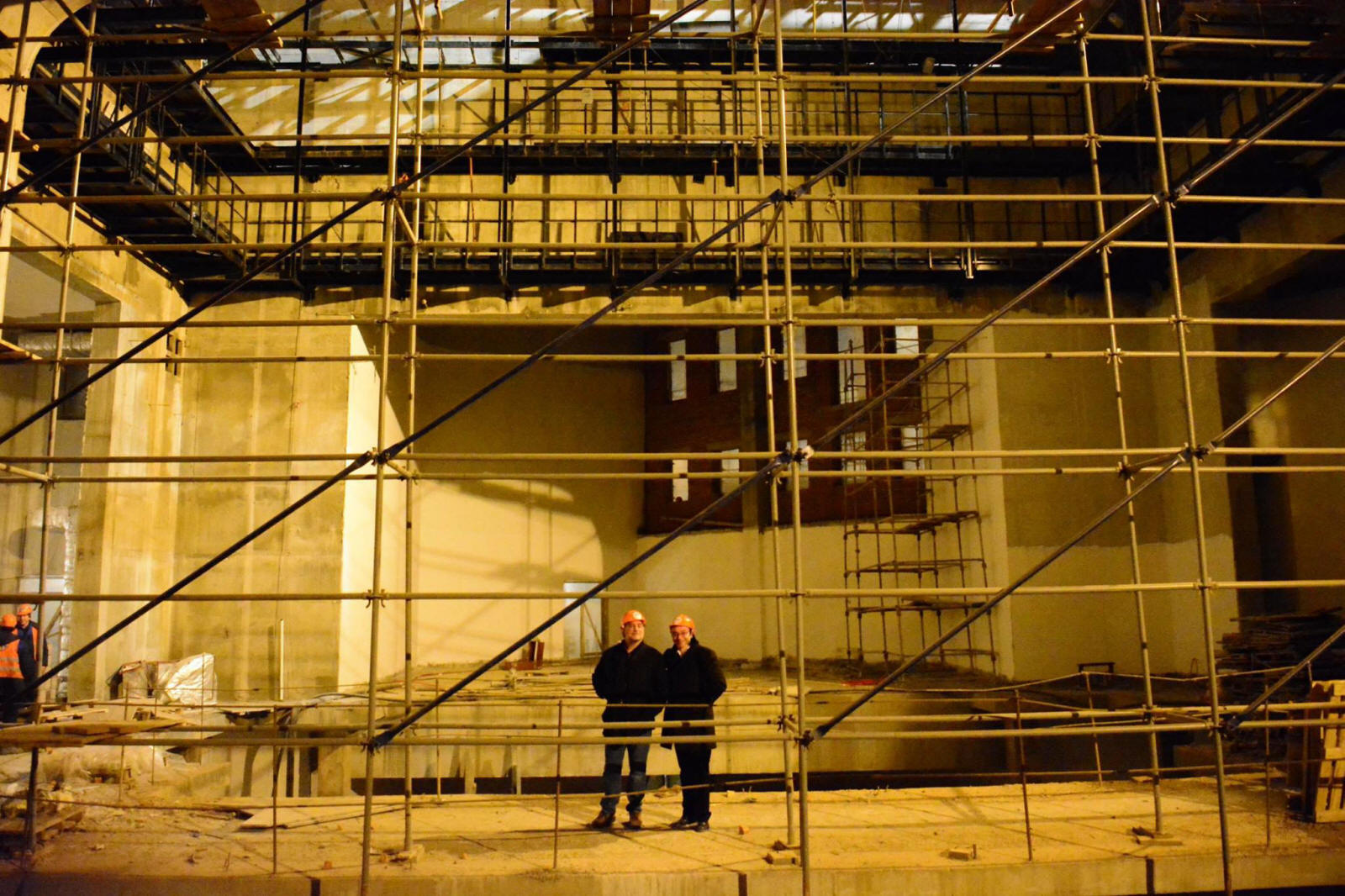
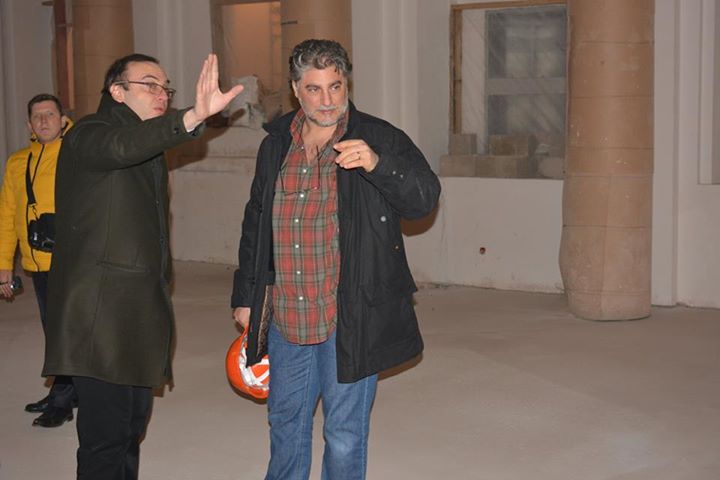
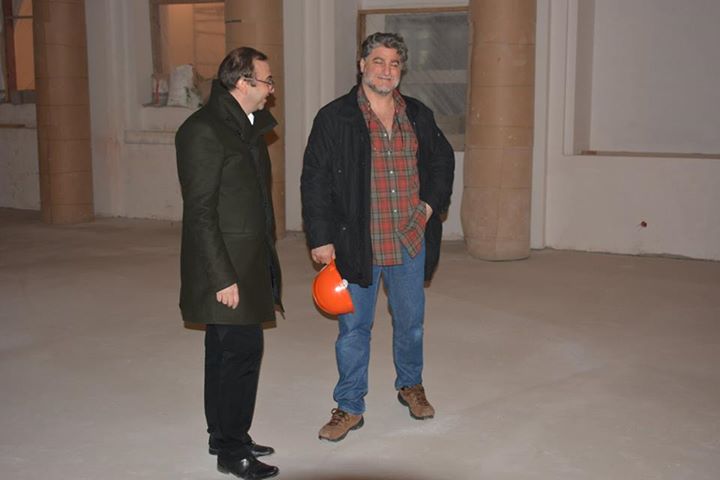
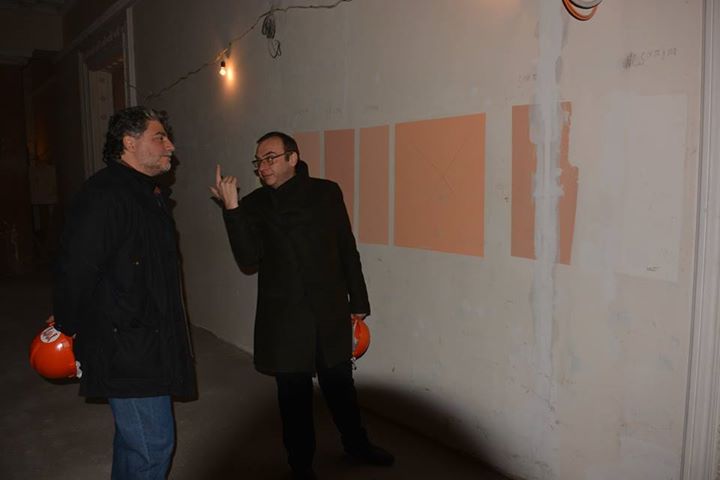
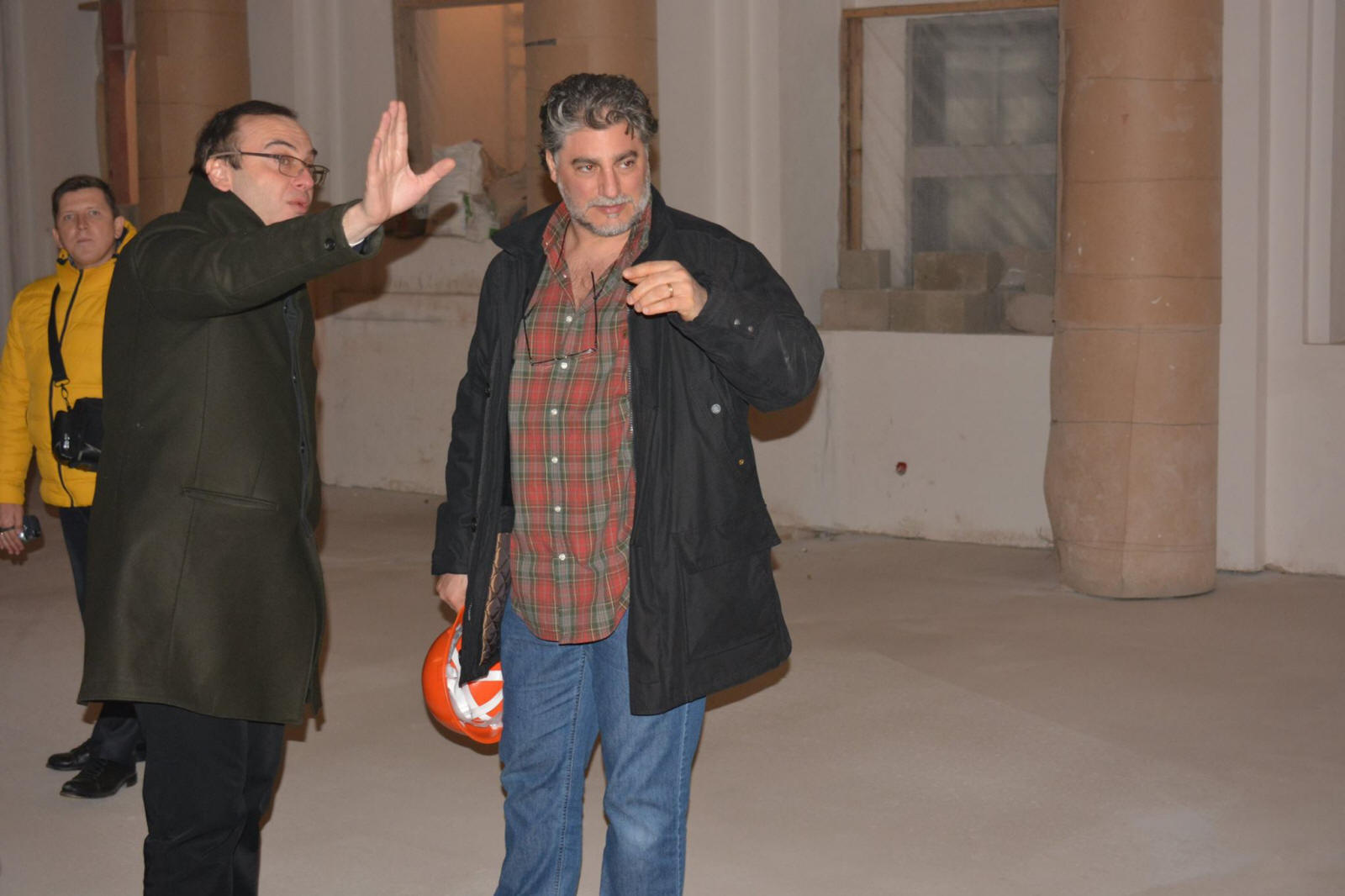
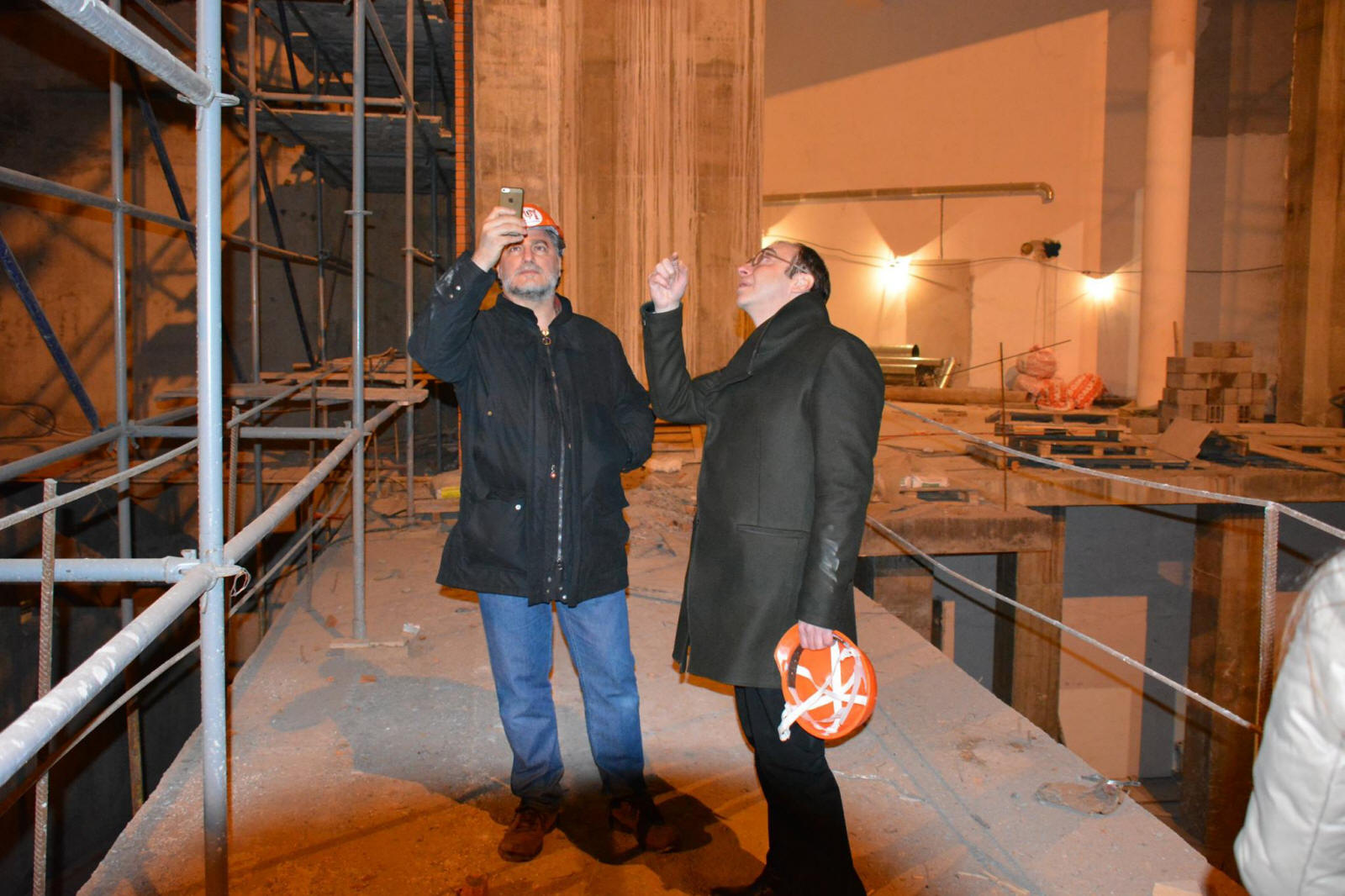
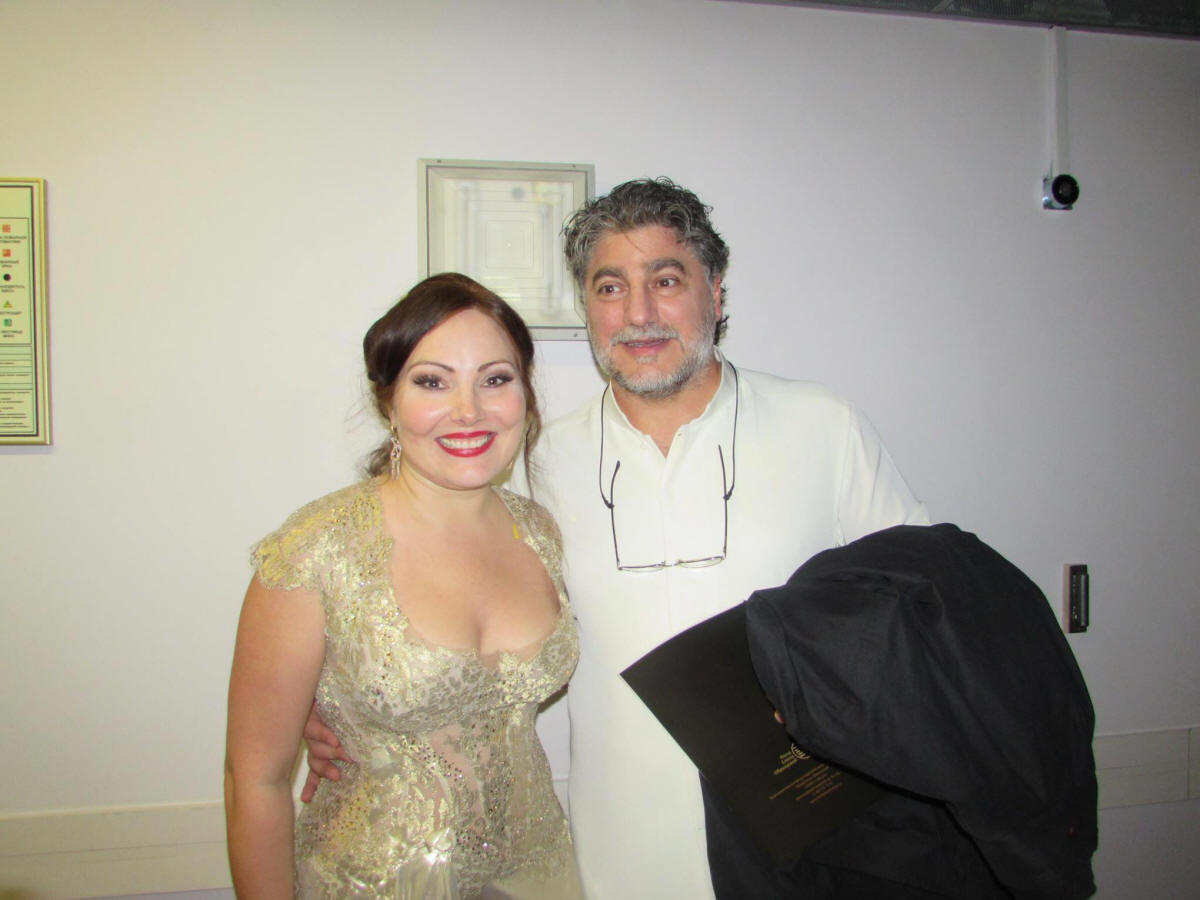



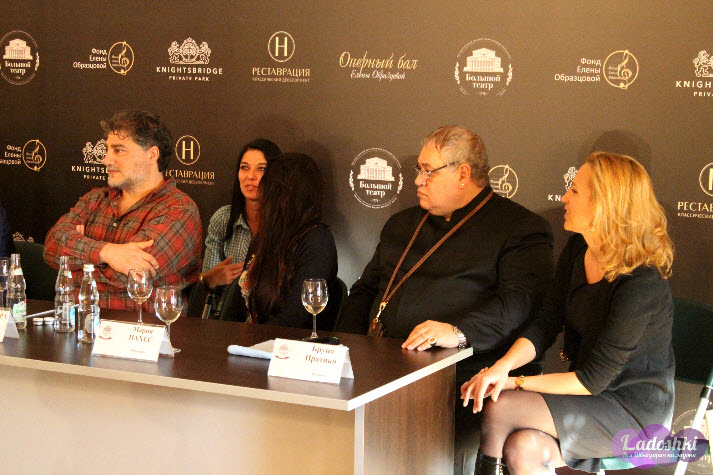
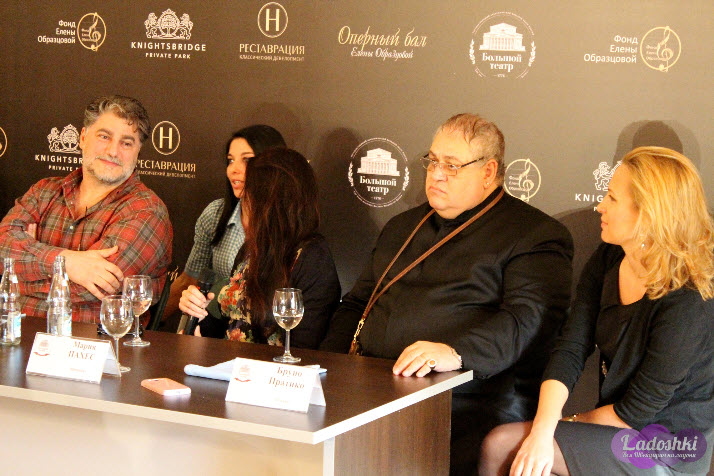
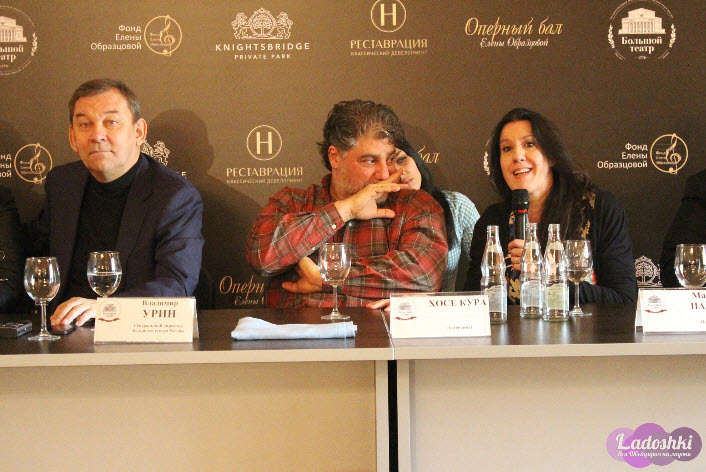
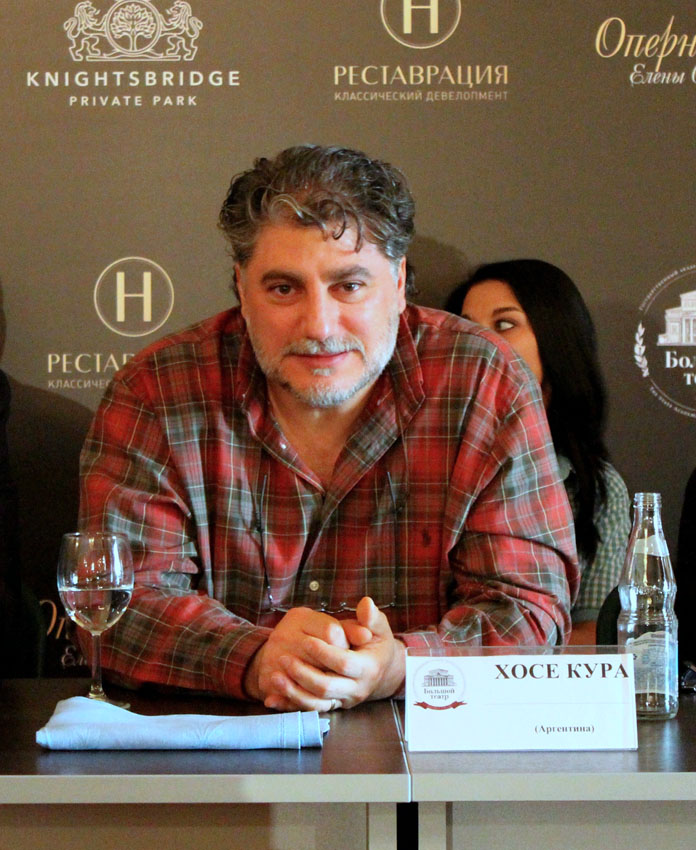
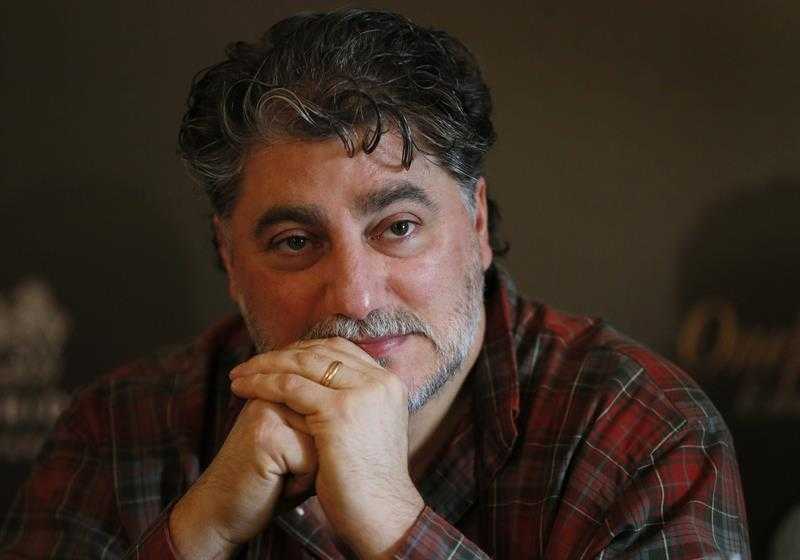
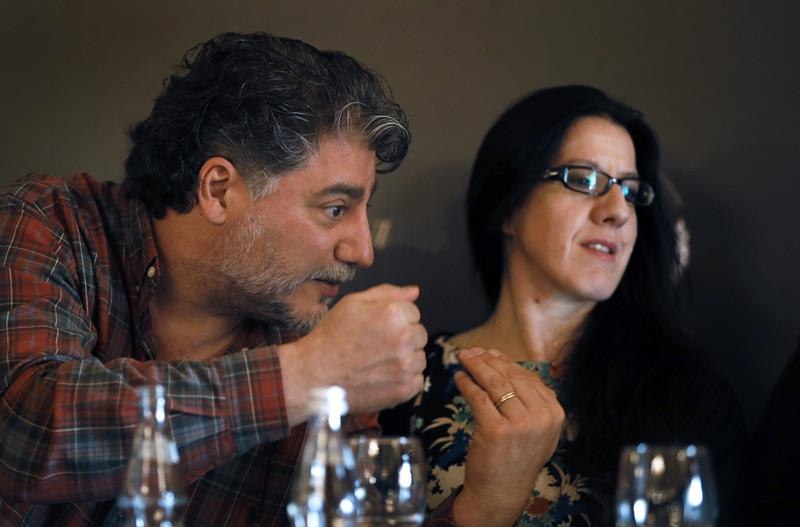


.jpg)
